Dress Code for Iran
Women and men, whether tourists or locals, are required to adhere to the Islamic dress code, although this is not as strict today as it was at the beginning of the Islamic Revolution. For men, long pants and at least a T-shirt are required, preferably a longer top. For women, this means above all a compulsory hijab / headscarf and a long, loose top that covers the buttocks. Basically, just hide your female forms and don’t wear anything transparent and you’re good to go. This applies everywhere, even in 40° degrees heat, and as soon as you leave the house you have to be bagged up in compliance with the regime. Three-quarter sleeves, jeans, leggings & a long top or sandals are perfectly fine and the variety of interpretations of the Iranian dress code knows no boundaries on the streets.
You’ll see women wearing full-body chadors and others with sandals and headbands and most will easily mix modern fashion with tradition. Follow the stylish Iranian women, find out what suits you and then buy some (very affordable) clothes on the spot instead of worrying too much before coming to Iran. If you want to visit important Muslim shrines, you have to rent a chador at the entrance, a long piece of cloth that restricts your movement. Unfortunately, swimming for women is only possible in full dress or at a single designated beach for women on the island of Kish. We recommend that you to bring along some nicer clothes for private invitations and parties, to feel more comfortable next to all the ultra-fashionable Iranian women. Here are some pictures of what we were wearing during our time in Iran.
How to not make a fool out of yourself in Iran
It can happen a lot as there are many do’s and don’ts in Iranian culture and many traps for tourists, especially when it comes to Ta’arof for example when you accept an invitation immediately or don’t take of your shoes when entering a home. In general, however, one has a tourist bonus and Iranians will be too polite to tell you if you’re doing something wrong and even if my hijab keeps slipping from my head or Dario is giving a woman his hand to help her, these things will be forgiven.
Hospitality
Iranian hospitality is legendary and deeply rooted in the culture and as long as the country doesn’t become a destination for mass tourism, the curiosity for guests from abroad will remain enormous. The locals know exactly what the media says about them and are concerned what the world thinks of their country and they will try everything to show you that they are nice and generous people. It will leave you speechless for sure.
We could include countless encounters from our travel experiences here, but that would go beyond the scope of this blog. Iranians are overwhelmingly friendly and sincerely happy that you visit their country. You receive various invitations almost daily and often they will cover the cost if you want to buy something or have a cup of tea. Travelers should not take advantage of this, as much is Ta'arof (see point below) and should not be accepted immediately. For example, when hitchhiking, most drivers expect you to contribute to the cost, and it’s important to clarify this beforehand so that no false expectations arise. Please also consider the current economic situation in Iran with prices for daily products rising and the currency falling and many are trying to make ends meet.
How to be a guest
If you finally accept a serious invitation after three refusals, then you will be gifted with a unique insight into Iranian everyday life and have the chance to make new friends and exactly these experiences will become the most formative memories of a trip to Iran.
A few rules apply here as well: men shouldn’t shake hands with women, shoes should be taken off as soon as you enter a private room and it's always good to bring a small present (sweets, nice cosmetics, toys for the children, etc.). You will probably eat more than you can and as a sign of respect, your host will offer you several portions. If you’re full you can leave a little on your plate and compliment the cook of the house. The magical phrases here would be: «Cheili chosch-maze bud» (it was delicious) or «Daste shoma dard nakone» (may your hand doesn't hurt). Don't just leave after dinner, as there will be tea served afterwards and only then you can start talking about slowly leaving, which would still consume a fair amount of time until you're actually out of the door. If no one speaks English and you don’t speak Farsi, then it helps if you can show at least a few pictures from your home and your family. And luckily, with children, communication works easily non-verbally.
How to avoid invitations (not to be taken entirely serious)
If you ever should feel like you need your privacy and don’t want to get invited, we have got some tips for you:
- No matter what the circumstances: Never stop anywhere to look at a map (or at your phone). If you stay too long somewhere and look lost, you will surely be approached and invited shortly after.
- Don't go into a falafel store and ask for tea, chances are you will be invited to someone's private place offering tea and then of course food will automatically follow and an invitation to stay overnight.
- Don't have your picnic near a village or town because it's just too obvious then that you're sure to run out of food and even if you turn down invitations to lunch, you're still not safe because someone will surely come by to bring you more food that he or she just bought especially for you at the supermarket.
- And for cyclists: Don't ride through a village just before dark if you plan on camping that night. You will be approached and invited from all sides and will not manage to pitch your tent.
- Distribute compliments as reservedly as possible, because as soon as you say, for example, in a bakery, how delicious something smells and looks, then it will be given to you. Resistance is futile.
Hotels
There are many beautiful traditional hotels with a courtyard and this is the nicest way to stay in Iran. The price of the room always includes breakfast. In the cheaper accommodations you still sleep traditionally on mats and carpets on the floor and the bathroom is outside. You always have to take off your shoes when entering a room. Since booking.com and other booking platforms don’t work in Iran, it’s not as easy to book your desired accommodation as in other countries. It’s best to call the hotel directly or write them a message on Instagram, which has usually worked for us. There is an Iranian booking platform called https://iran.1stquest.com, but they usually don’t’ have the smaller charming guesthouse listed there. If you prefer to stay in hostels, then you could also use https://www.hostelworld.com. The accommodations in Iran are very affordable and for EUR 4.- you can find a bed in a dormitory in a hostel. We usually pay around EUR 20.- per night, but then have a double room with private bathroom in a nice traditional hotel. The most expensive hotels that we’ve seen online so far cost around EUR 120.- per night, but then we’re talking about the most luxurious options.
Internet
The Internet is incredibly slow, even the Wi-Fi in the better accommodations. Making phone calls via Zoom or uploading pictures and videos is therefore hardly possible in Iran. It’s a mystery to us how Iranians can work like that. The Internet is heavily regulated and censored and also made extra slow or even shut down for several days if there are demonstrations for better living conditions. Nevertheless, many businesses advertise their WhatsApp numbers on the window and Instagram is surprisingly not blocked and widespread among Iranians. If you want to access your mail, YouTube, Google, AirBnB, etc., you have to install a VPN service (Virtual Private Network) in advance, which is what Iranians do, because the Internet is indispensable as a free space and contact with the outside world.
Local SIM Card
Another topic that is rather complicated compared to other countries. Foreigners should be able to purchase a SIM card cheaply in Iran. Theoretically. This worked only very moderately for us, so we have no tips on this except trial-and-error. In many places we were told that we cannot buy a SIM card with the Swiss passport or that the system just had a technical error (or the employee wasn’t motivated?). In such moments you just have to insist and then it happens for sure that a nice employee issues you a SIM card in his or her name and with that you are connected to the outside world again. Well, at least for 30 days.
After 30 days in Iran, the phone is blocked and must be registered online (this law is to fight smuggling phones into Iran). Instructions on how to do this can be found here: https://www.tappersia.com/iran-mobile-registration/. We were not lucky with that either and the registration didn’t work and so after 30 days we bought a portable Wi-Fi device to be independent. If you don’t travel alone you can avoid this problem by first use only one phone with an Iranian SIM card, this of course as a hotspot for both phones, and then after the 30 days the SIM card is changed to the other phone, or if one has a dual SIM phone, then you can also put the SIM card in the other slot. This way, you are already covered for two months and can delay the problem with the registration a bit.
Money Matters & Travel Budget
The official currency is the Iranian Rial (IRR). It’s not possible to withdraw money with your international cards and therefore you have to take cash with you for the whole trip. Iran is a very affordable country to travel and we’ve heard from some that they can get by with EUR 300.- per month if you cook yourself, eat cheap meals and stay in a dormitory. To be on the safe side, we calculated with EUR 1000.- per month, as it’s advisable to have money on the side for unexpected things, because it is very difficult to get money once you’re in Iran (because you suddenly want to buy a carpet, who knows). Due to the economic situation there are considerable price fluctuations in Iran and the currency decline makes it difficult to give current price information. Price increases are a big problem that Iranians have to deal with every day.
We recommend you to bring EUR and USD and exchange them in the exchange offices (not at the bank where they use the official rate). If the town is too small and there’s no exchange office, you could also try to exchange money at the jewelry stores. Because of the unstable exchange rate, you need to check reliable sources before you exchange your money, as there might be a drastic change in one day. There’s the official Government Rate and the Market Rate. You always exchange for the market rate that is higher than the government rate. You can find out the current exchange rate on the website: www.bonbast.com. You won’t hear people talking about Rials in Iran though, they will always give you prices in Toman, which can be very confusing. 10 Rials equal 1 Toman.
Let’s give you an example: 3'000'000 Rials = 300'000 Toman and in the store they talk about 300 Toman, which is about EUR 10.-. Absolutely easy, right? Don't worry when you're confused first, you'll get used to it very soon.
In order not to walk around with a lot of cash all the time, it is worth to order an Iranian debit card for tourists, which can also be loaded with Euros during the trip. We have the Mah Card (https://www.mahcard.com) for this purpose, with which you can pay literally everywhere, even at the vegetable market.
Safety
With decades of bad press, it might surprise you that Iran is a very safe travel destination and comes for us in terms of safety right after Oman (and thus before many European countries). Most of the time we felt very safe traveling through Iran and there was just one minor incident we had with someone bothering us, that could have happened in any country. It’s no problem to camp and should someone come by, it’s mostly only out of curiosity or to invite you home. Overall, Iran is a very safe country to travel, whether alone or with a group, and you can accept private invitations without any problems.
Unfortunately, it’s different for women than for men and even though it should be obsolete to talk about the dangers of traveling alone for women, we feel it necessary to mention a few things here. Harassment does happen and traveling with your partner doesn’t always protect you from it. I’ve traveled a lot by myself to various countries and I would also travel alone through Iran, but I would go by bus and train and not by bicycle. Always trust your gut feeling when someone approaches you for an invitation and make sure there will be other family members present. If you plan on visiting Iran on your own, we can recommend you those helpful tips from other women on Caravanistan: https://caravanistan.com/planning/safety/single-female-travelers/
Ta'arof – the Persian art of etiquette
Ta'arof is a concept that we know only from Iran, and it’s not easy to explain. Iranians are world champions of indirect communication and Ta'arof is the most obvious example of this. Ta'arof is a ritualized form of politeness that determines social interaction. It involves an expression of appreciation for the other person. Perhaps we give you some examples. If I compliment a woman in Iran on her appearance, she will most likely not just say thank you, but «Cheshmat ghashang mibine» (your eyes see beautiful things). So, the compliment is returned, so to speak, instead of simply accepted. Or you enter a store and buy some things and then the vendor would say to you «Ghabele Shoma Ro Nadare» (these objects are not worthy of you) in order to show you his respect and telling you that you’re more important than the money. But of course, he expects you to pay. The same goes for the taxi driver that say the ride was free, it’s not of course. And one should also decline an offer or invitation three times, before accepting it. And it’s not always obvious if an invitation is meant sincerely or if it’s simply Ta'arof.
And it doesn’t stop there. You can't just walk through a door like that, you always have to let the others go ahead, which can lead to quite a comical situation when in the end everyone wants to let each other go ahead, thus blocking the entrance. On the one hand, the concept of Ta'arof is somehow insanely charming, on the other hand, it's just tedious sometimes. Also, many young Iranians seem to be rather annoyed by it and yet it is absolutely part of the culture. Interestingly, the Ta'arof ends when Iranians get into a car, because in traffic all rules of politeness seem to no longer apply.
We hope that with our tips you are now prepared for a trip to Iran and we are sure that you will succumb to the magic of this country, open your heart and despite all the frustration will be touched deeply by the country and its people.

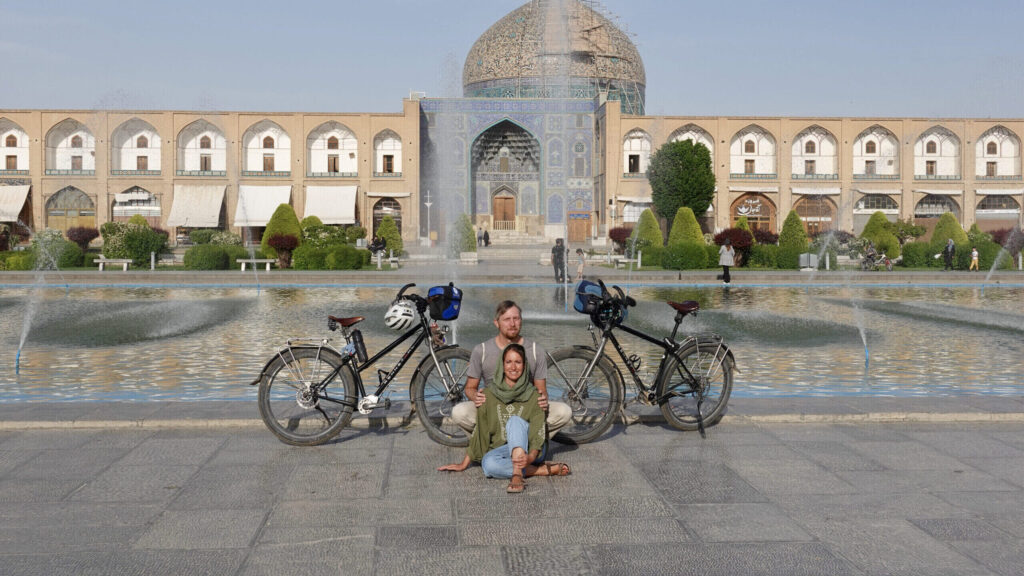


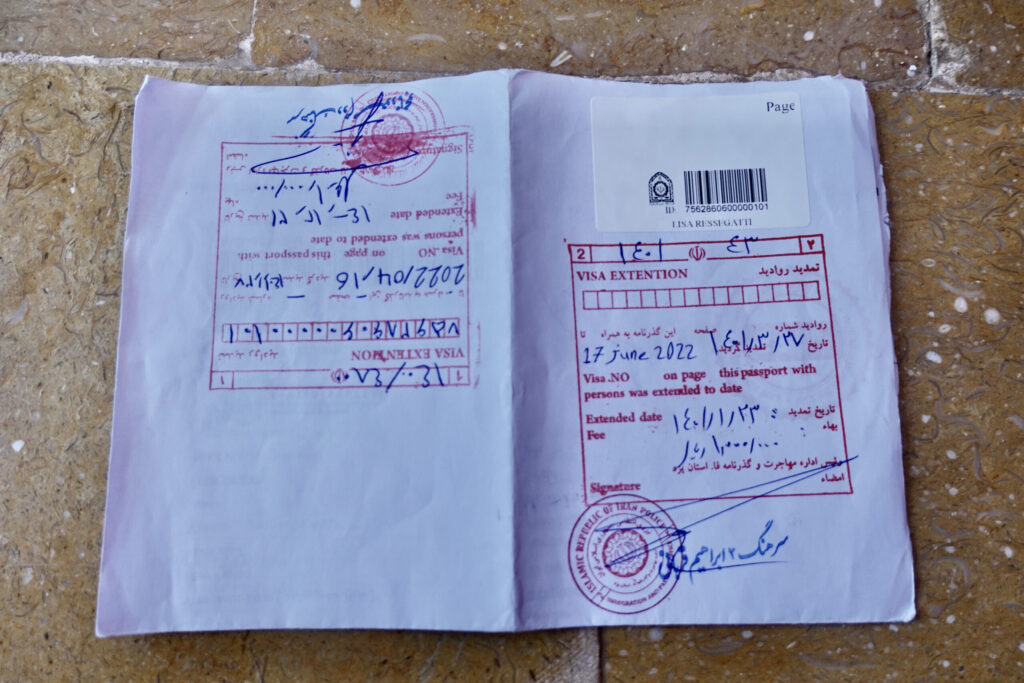
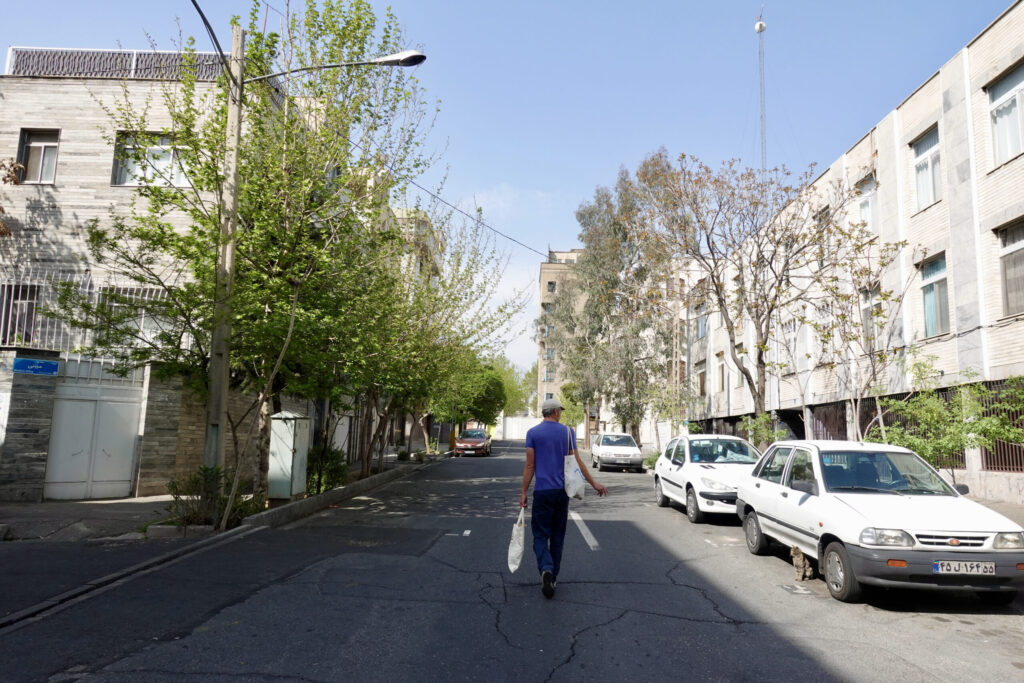
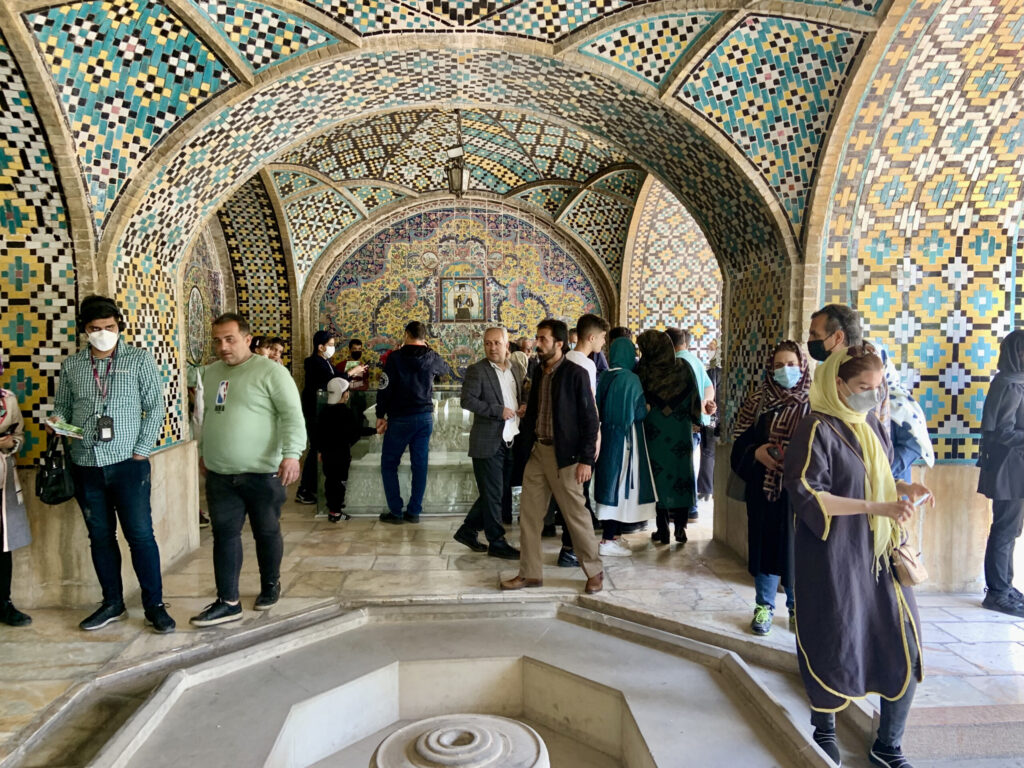
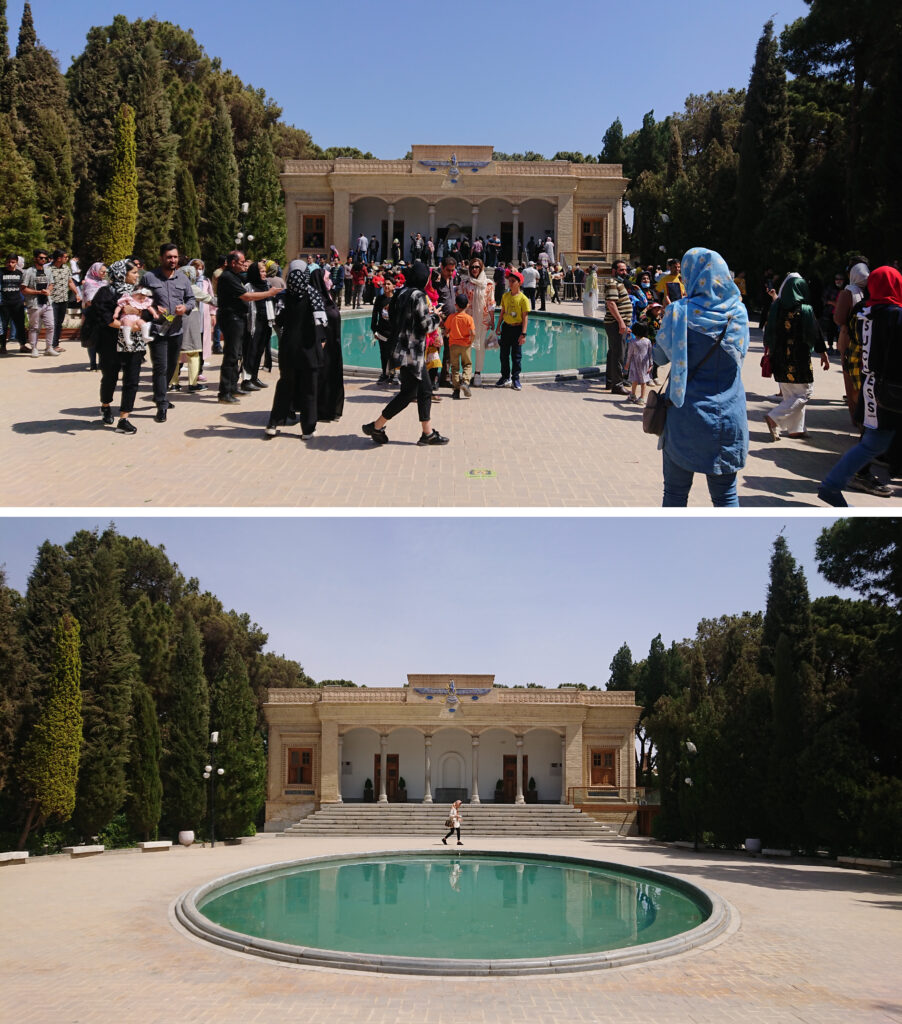
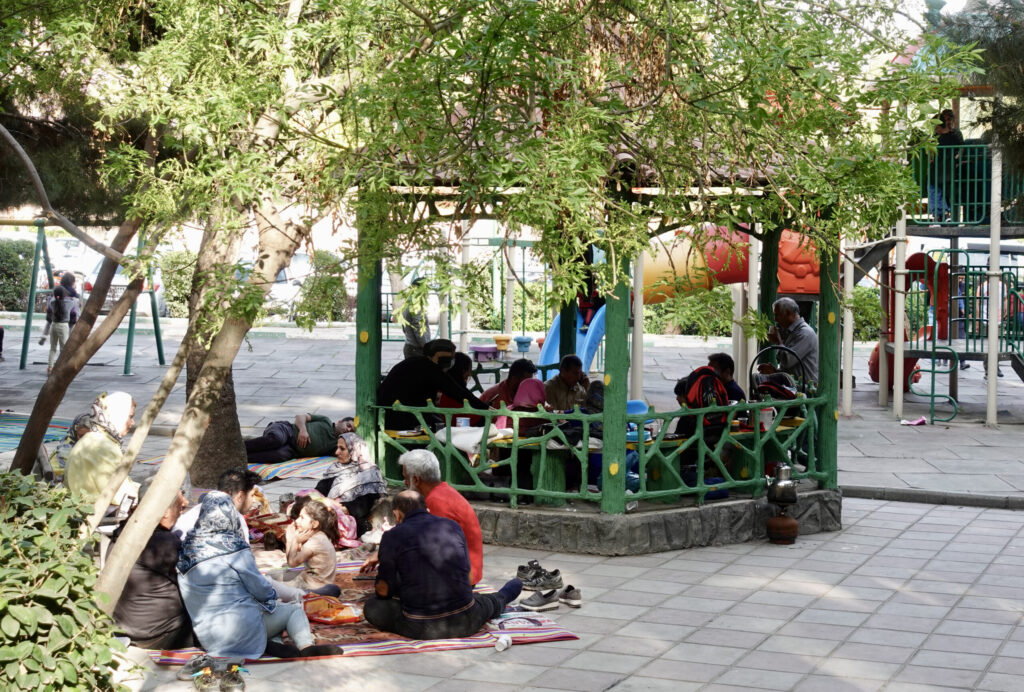
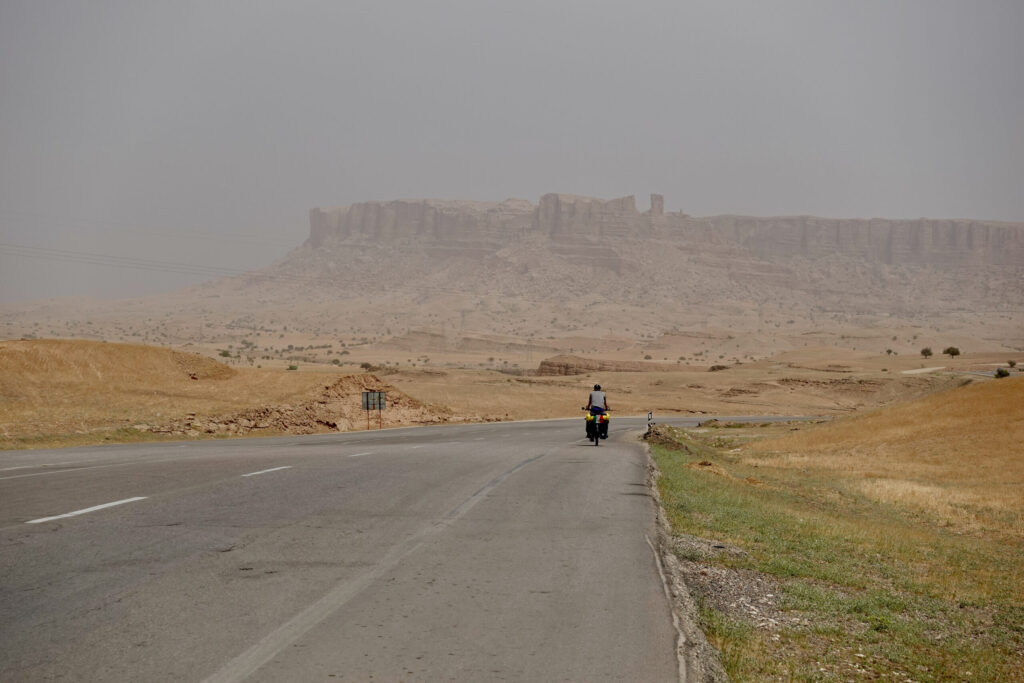
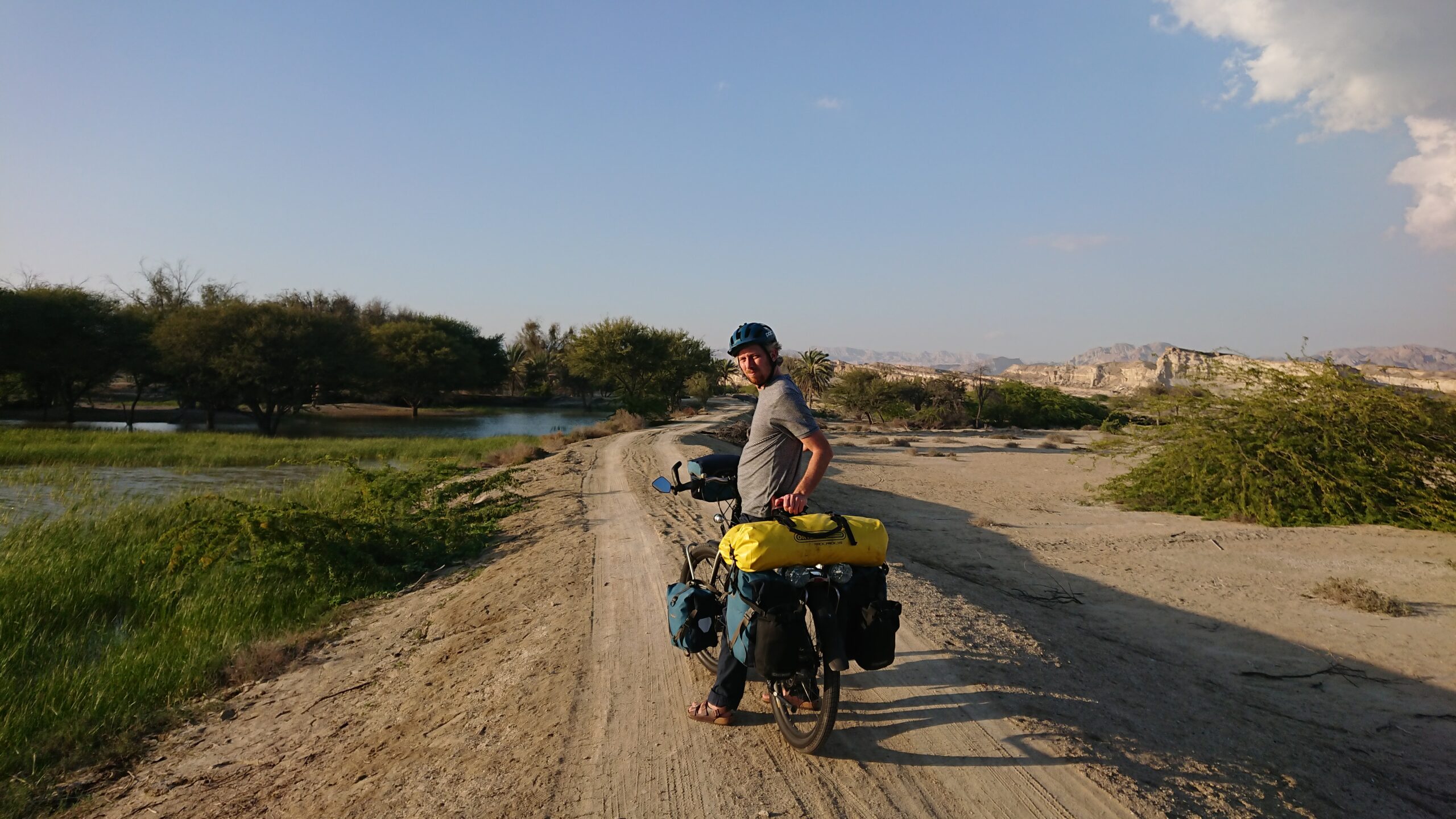
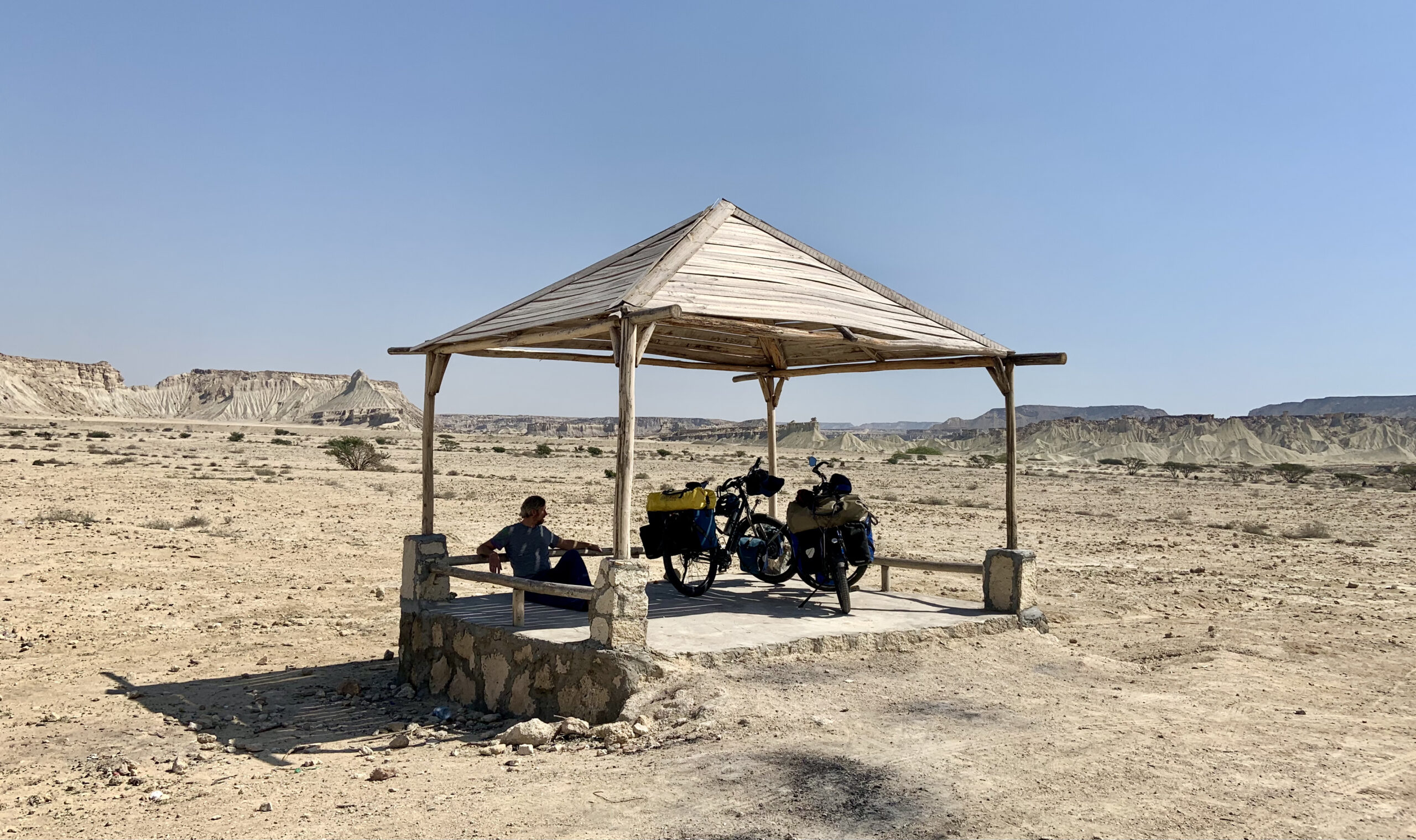
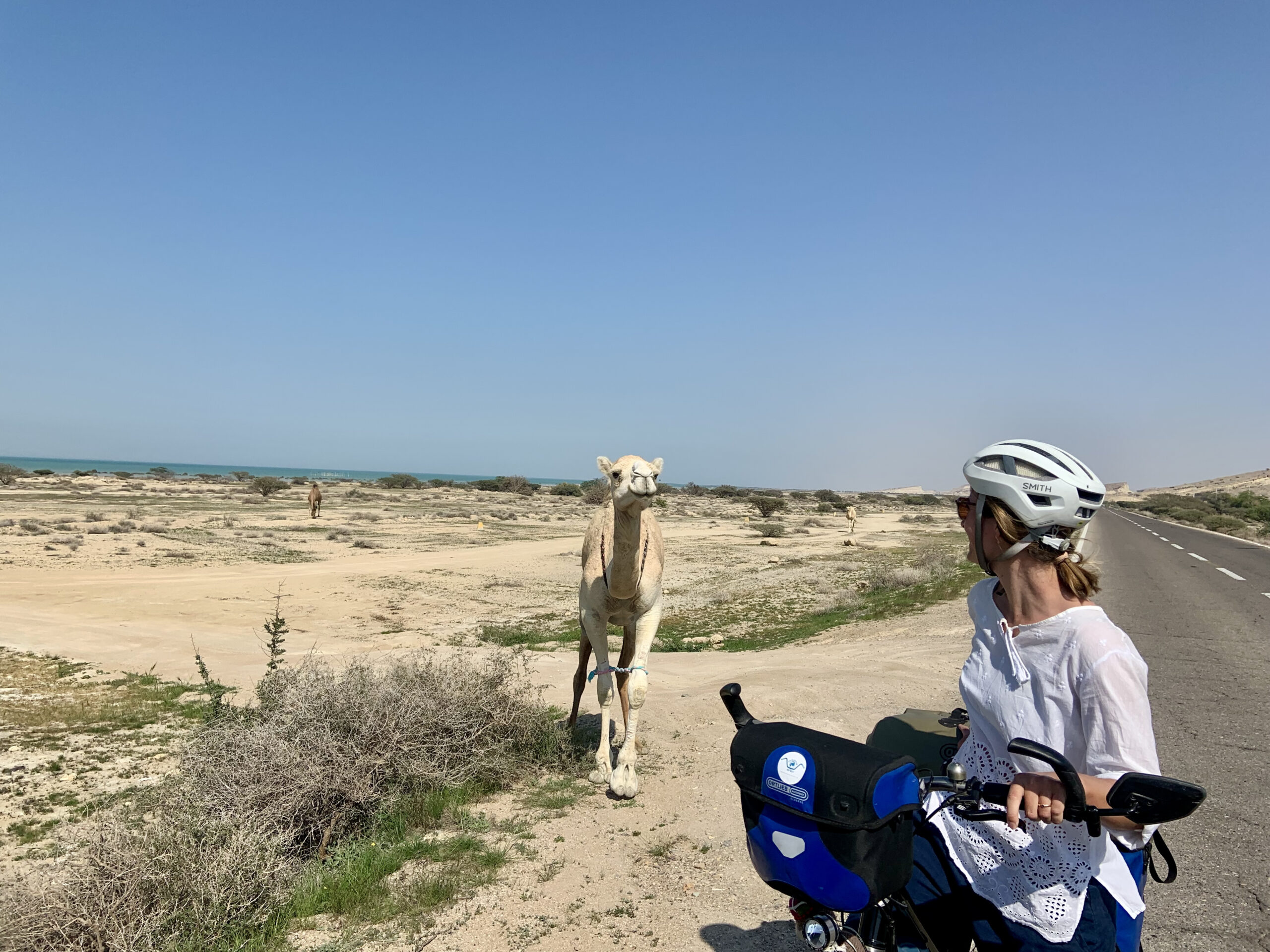
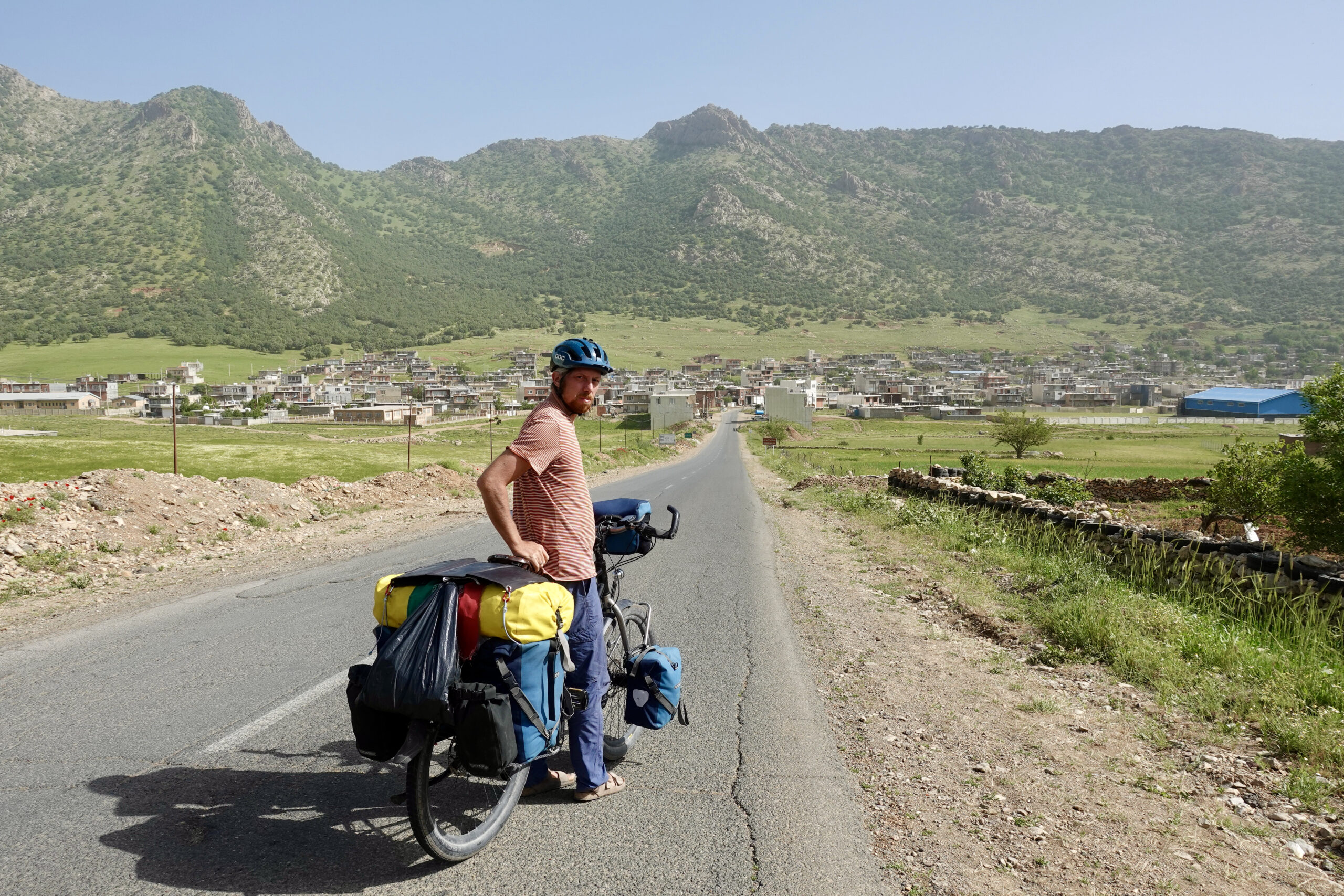
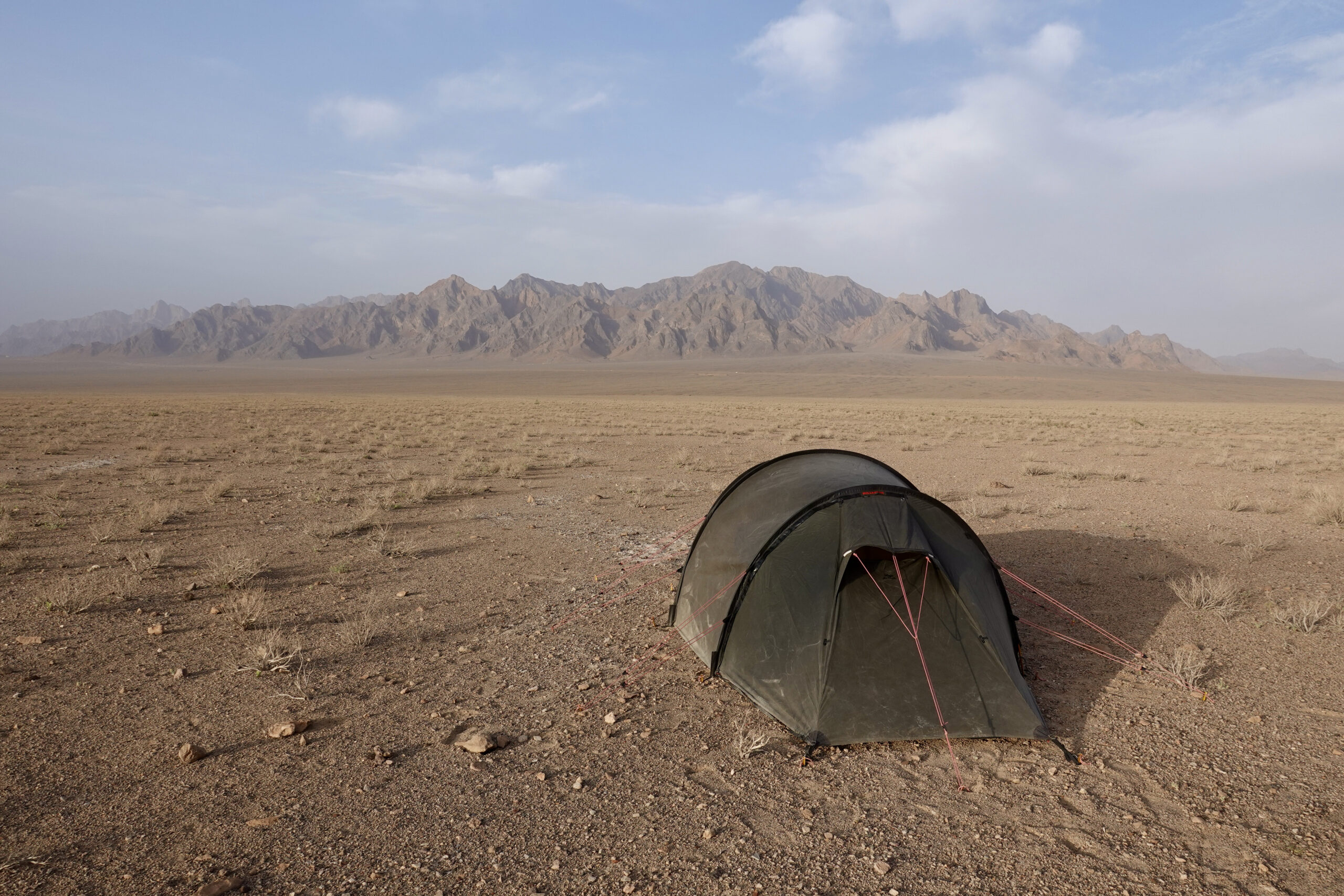
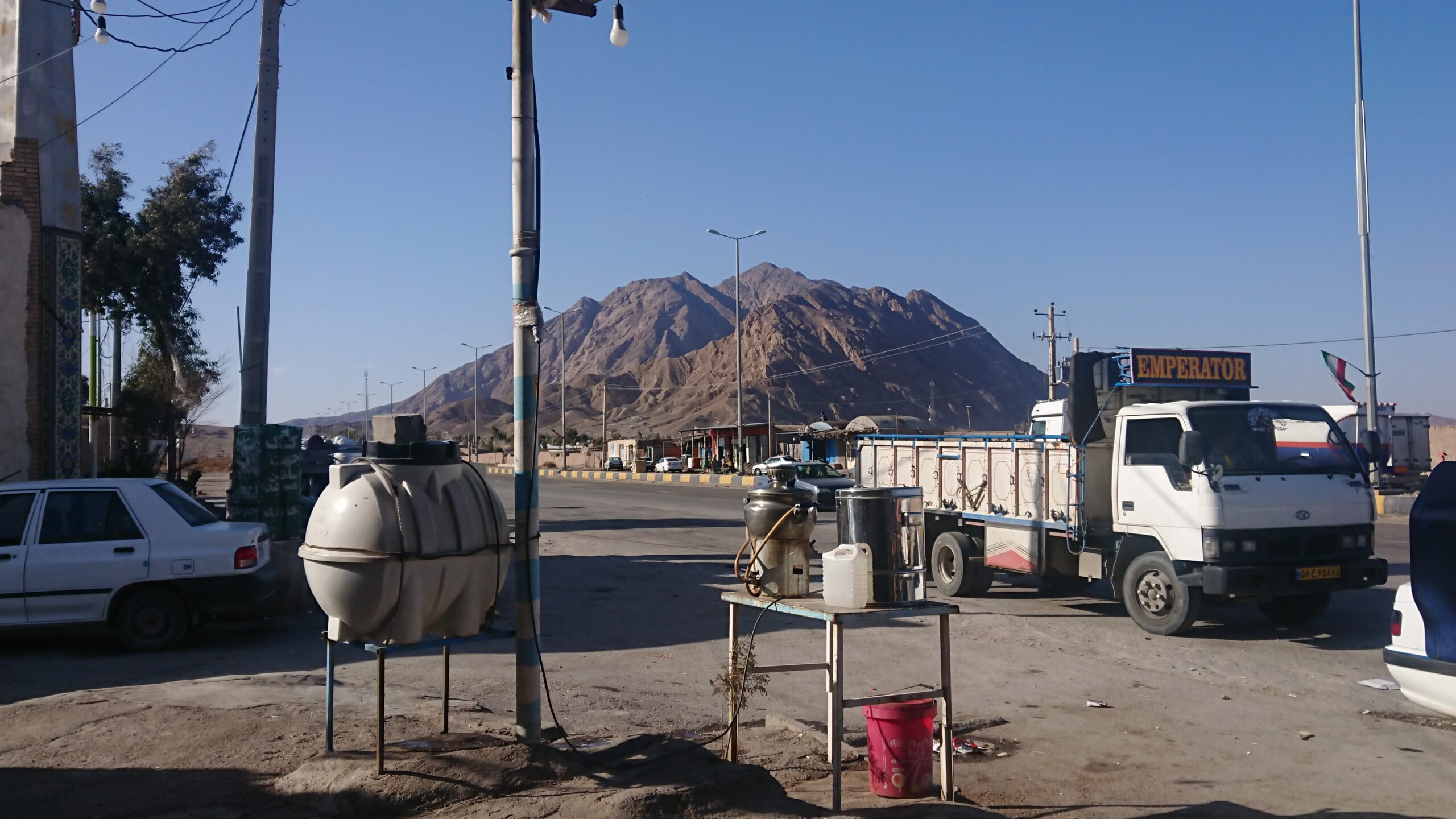
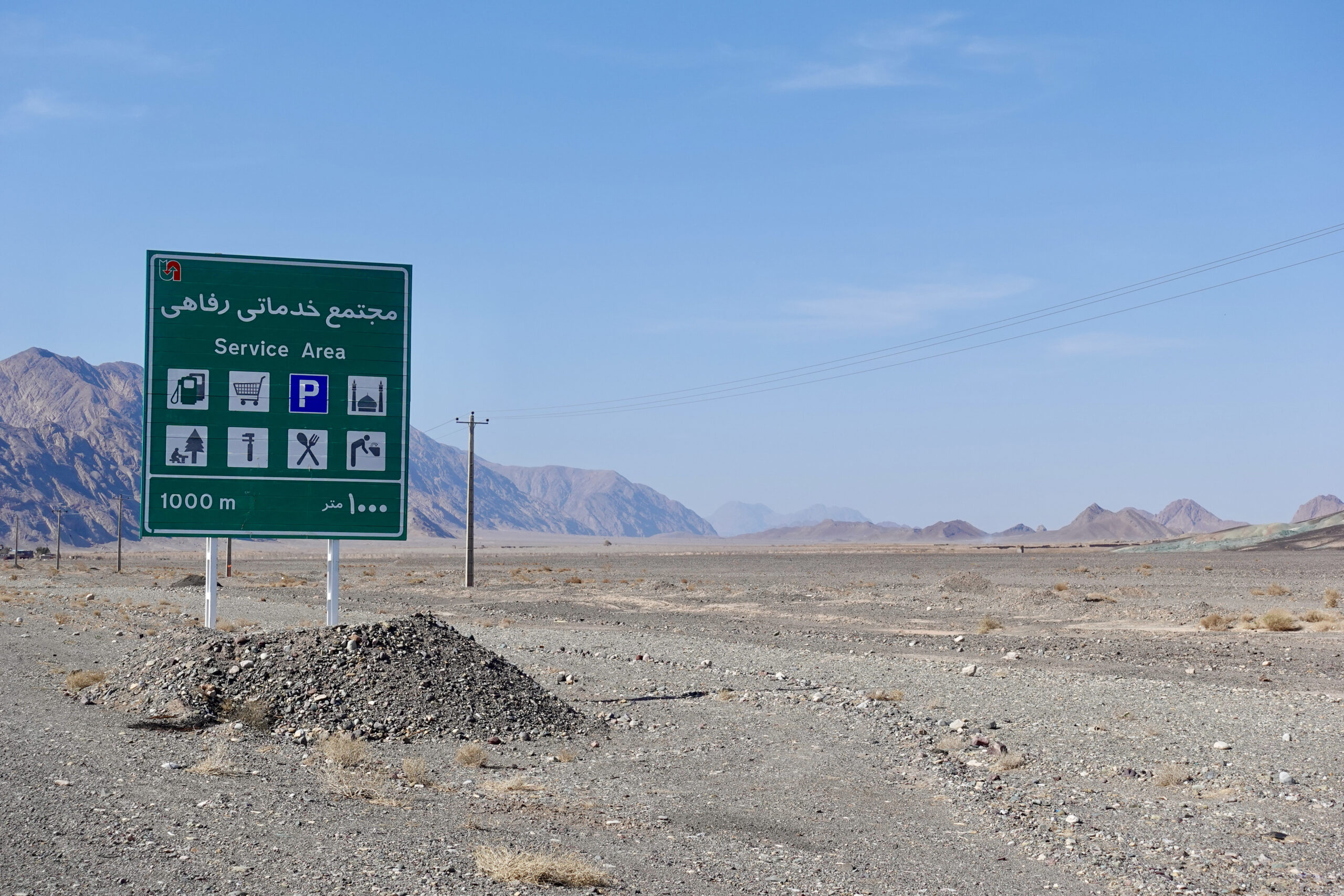
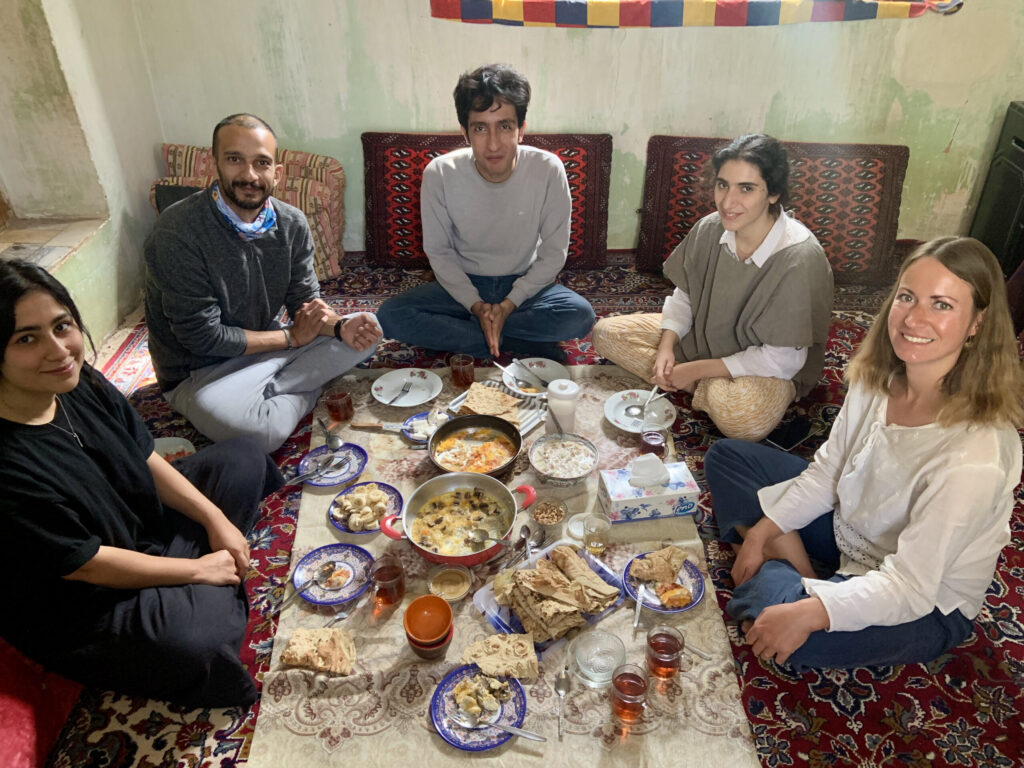
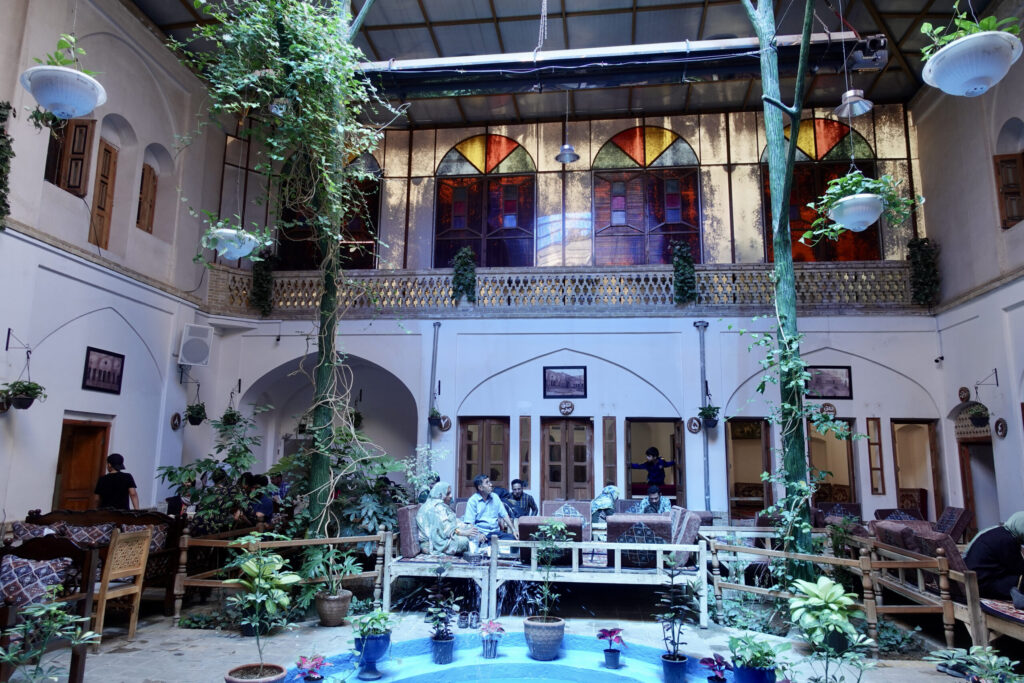
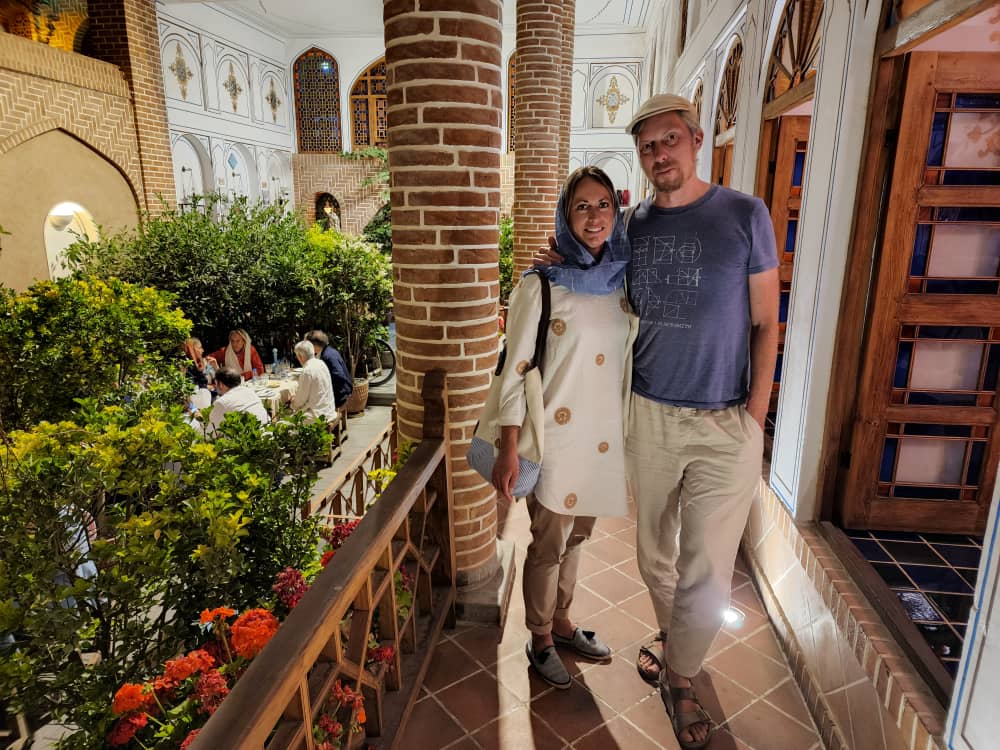
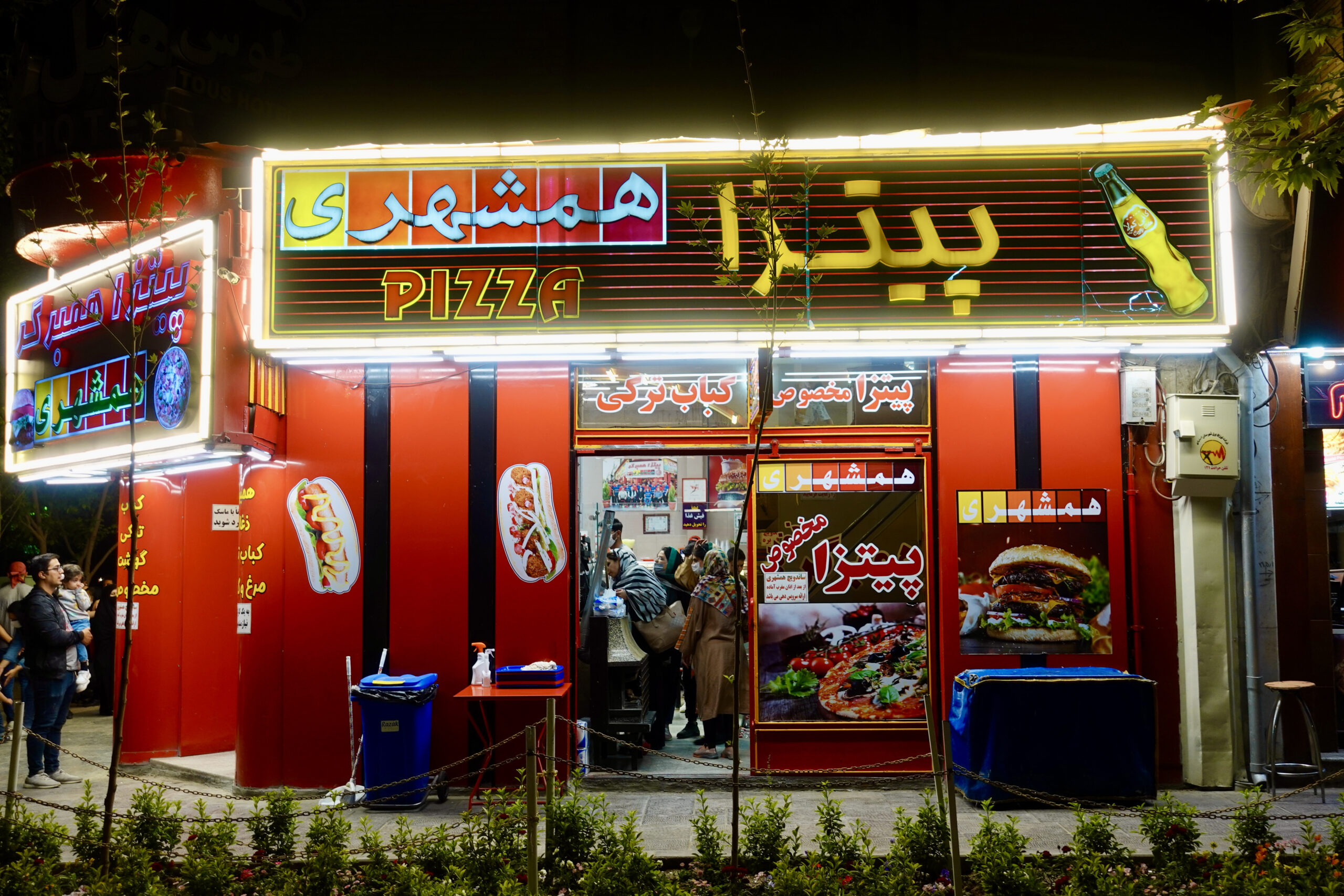
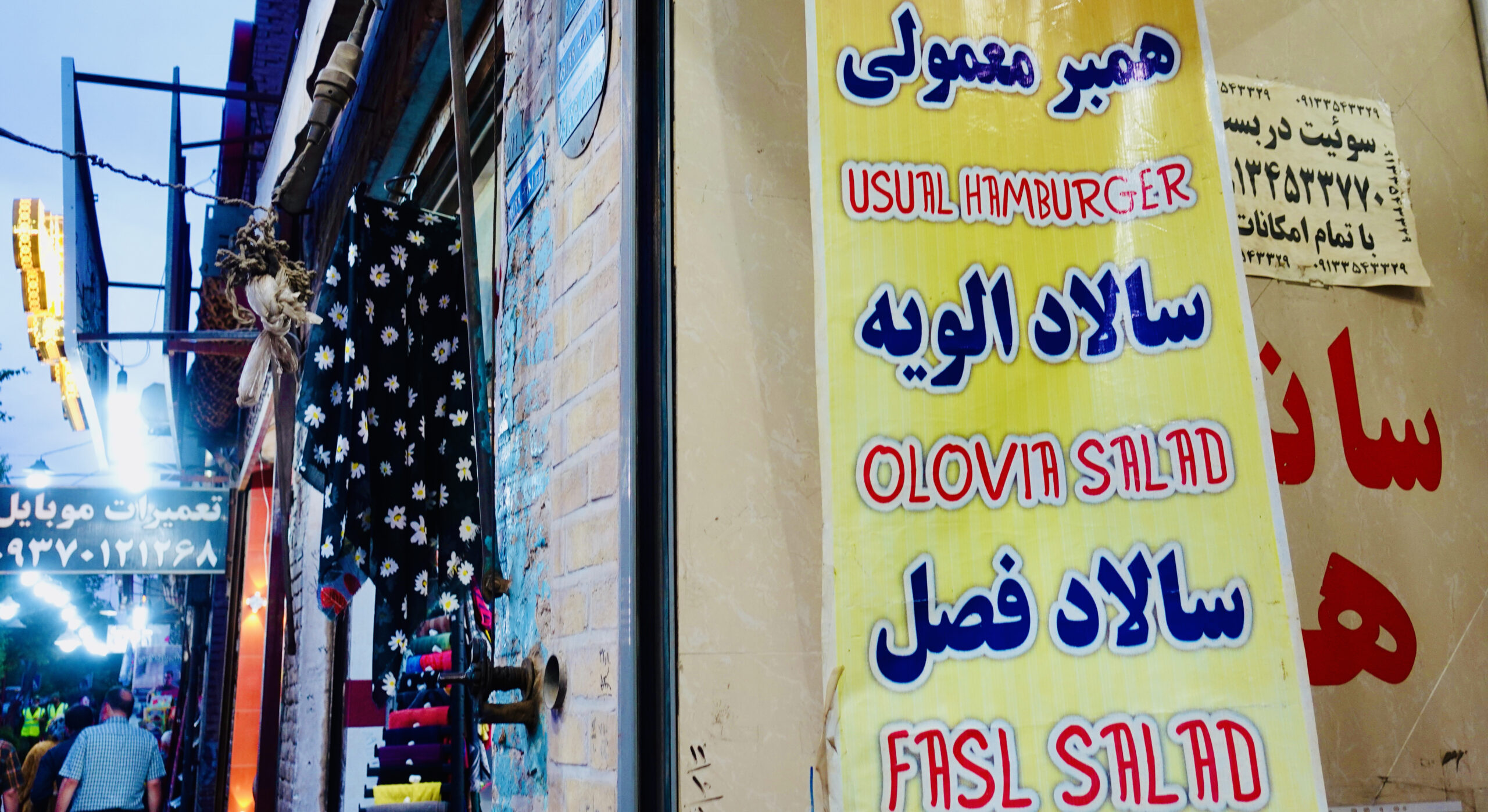
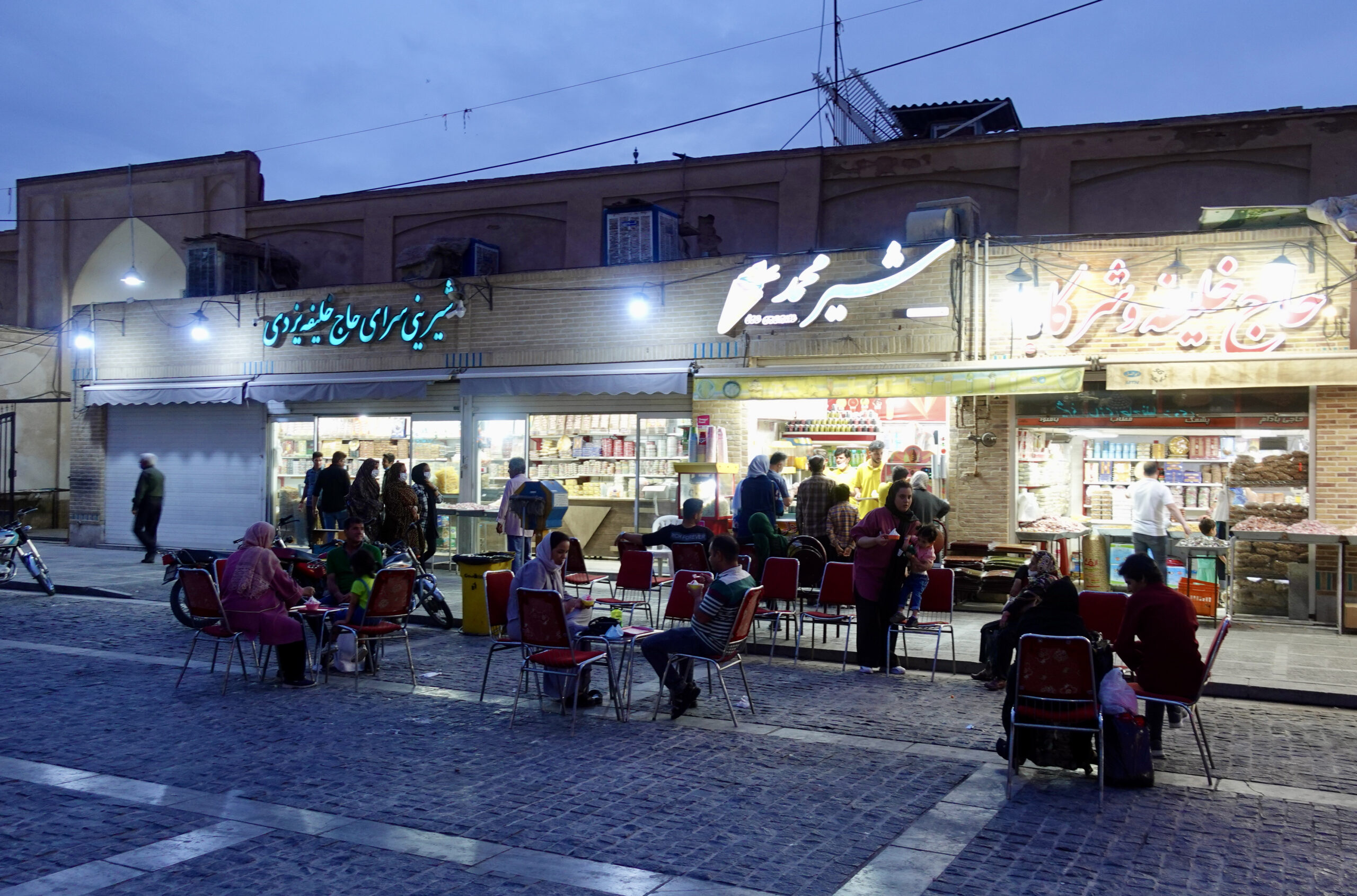

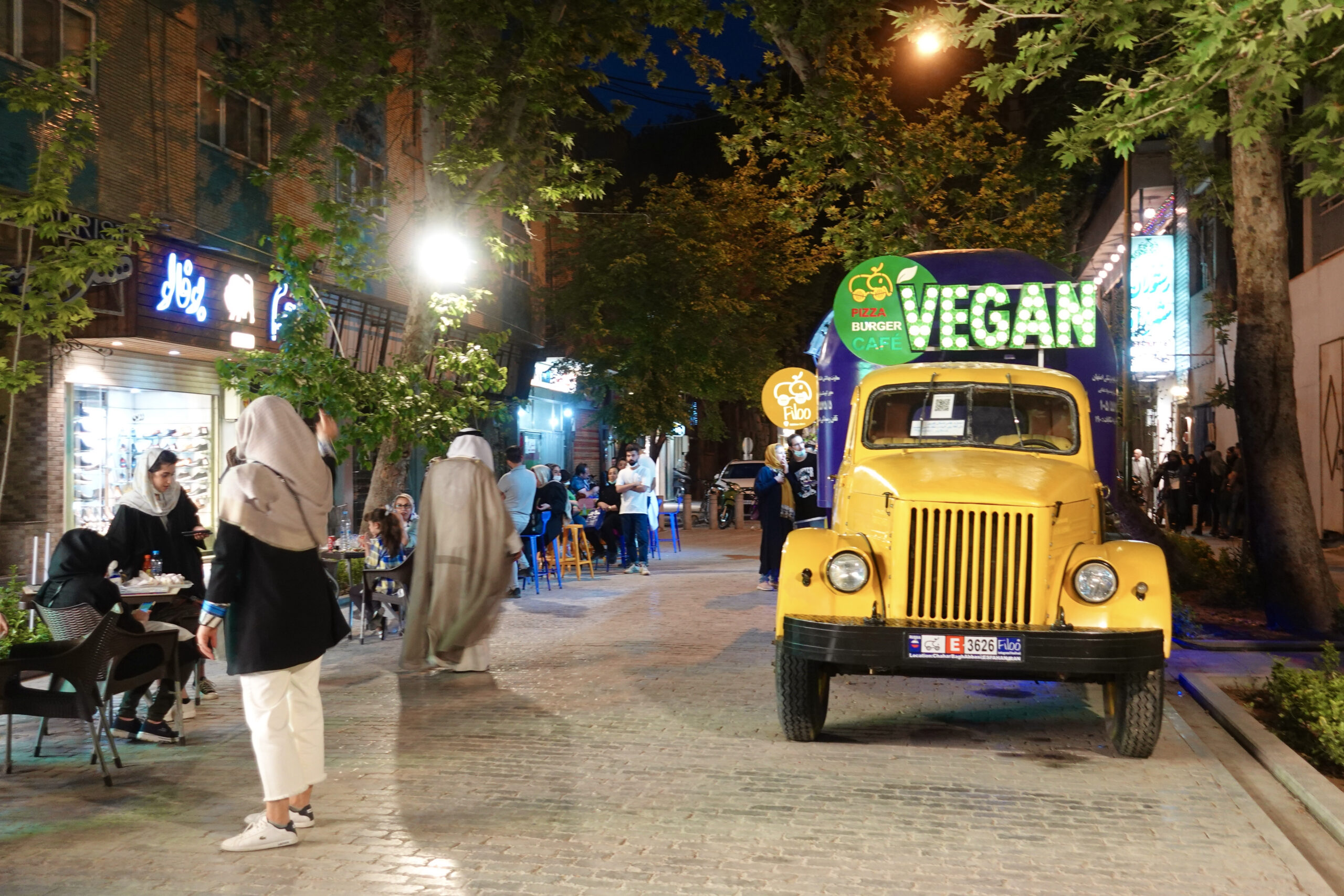
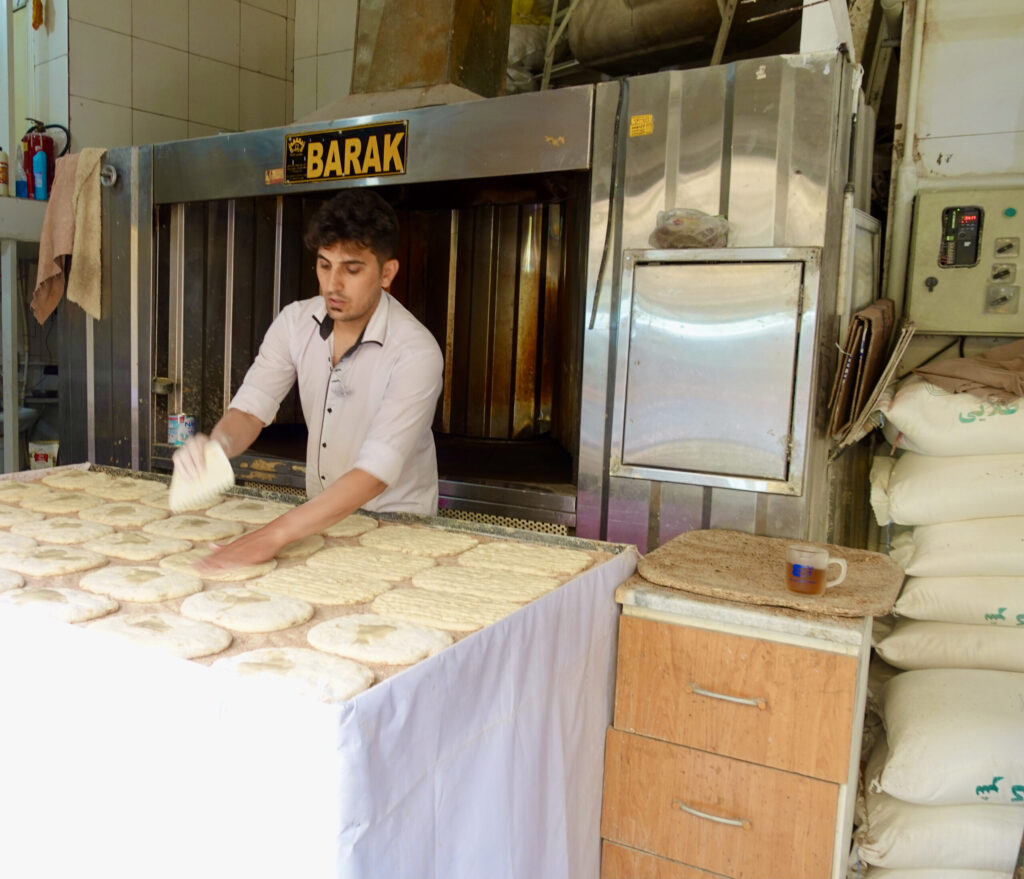
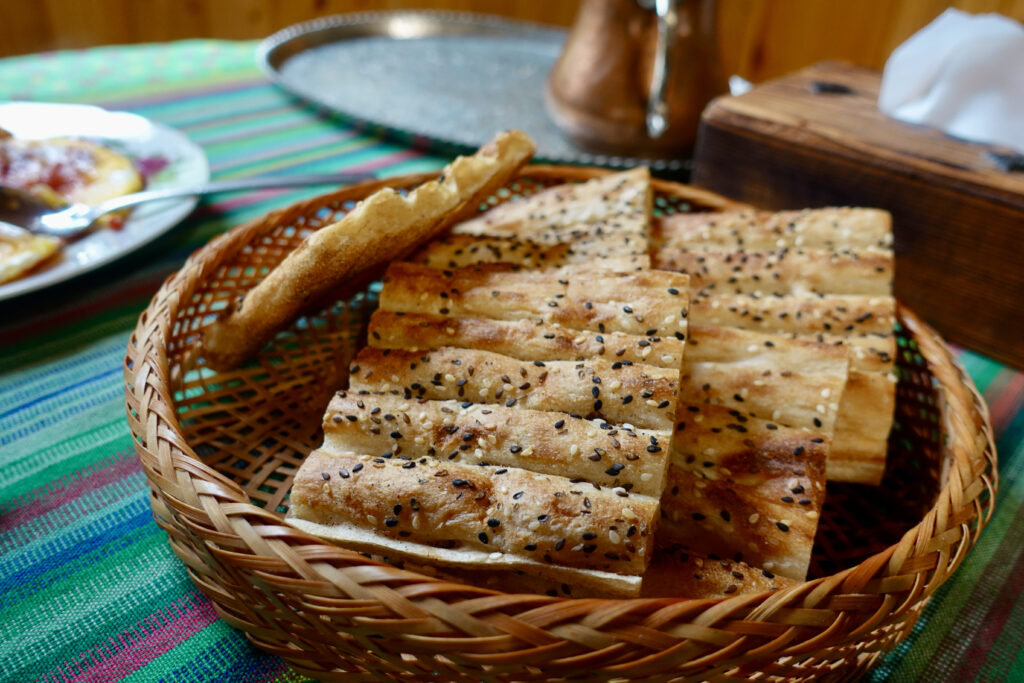
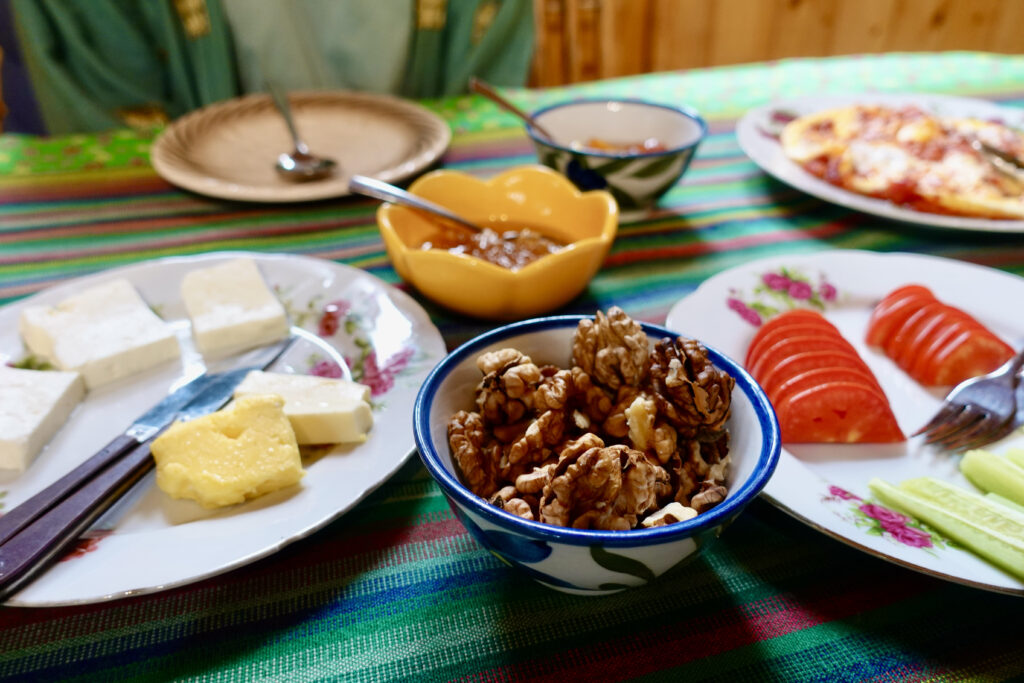
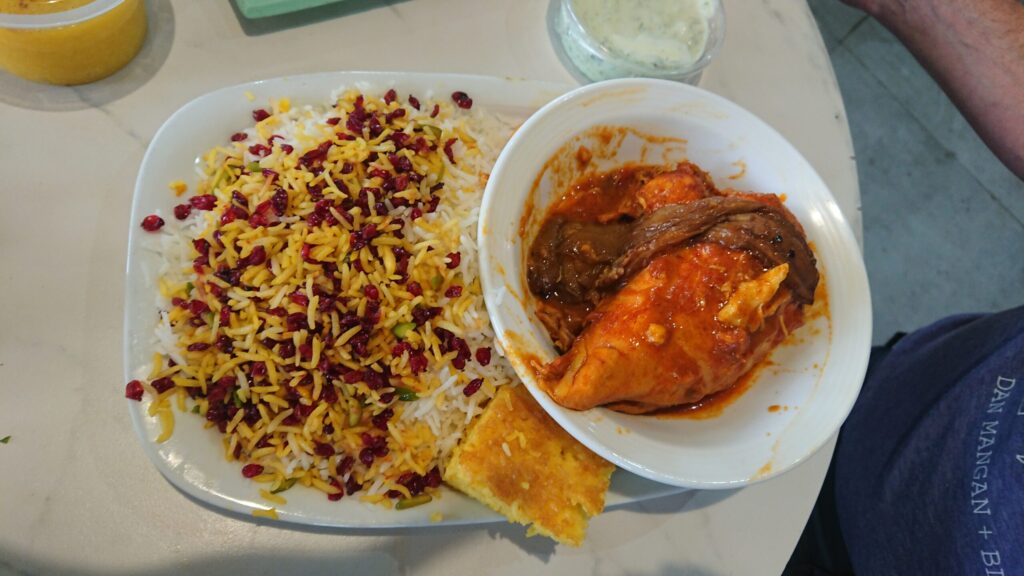

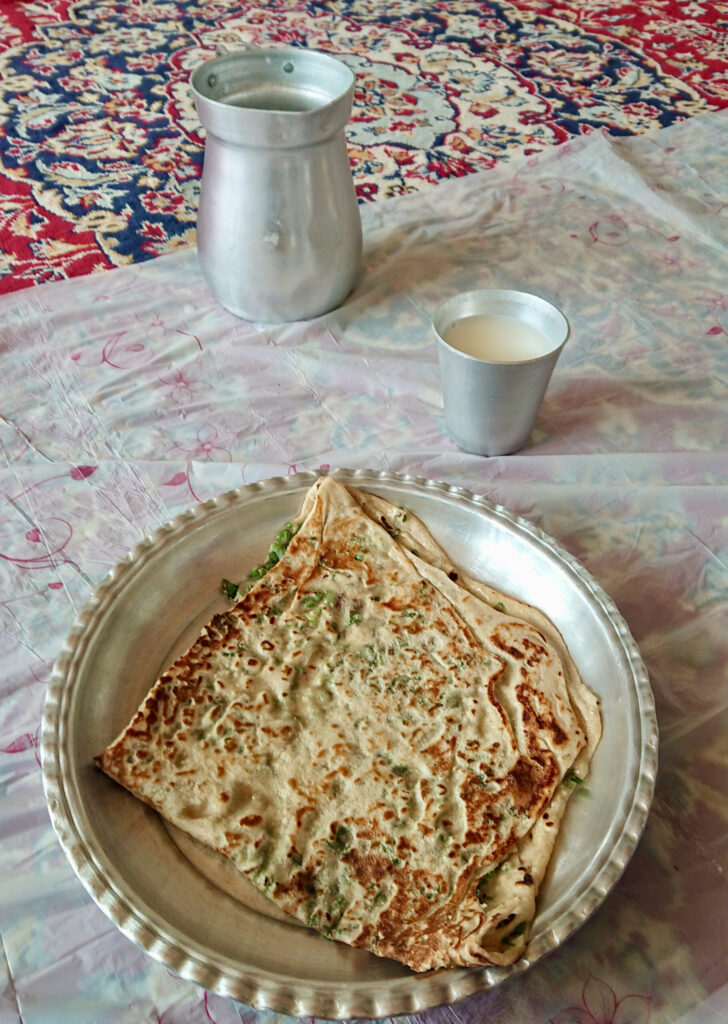
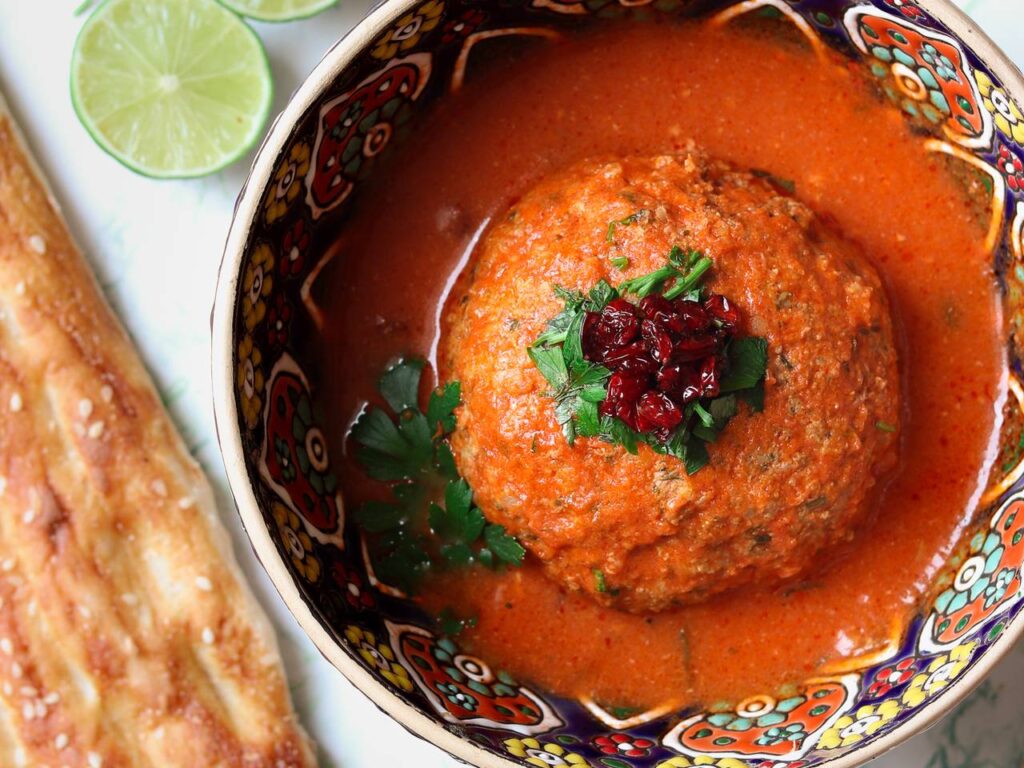
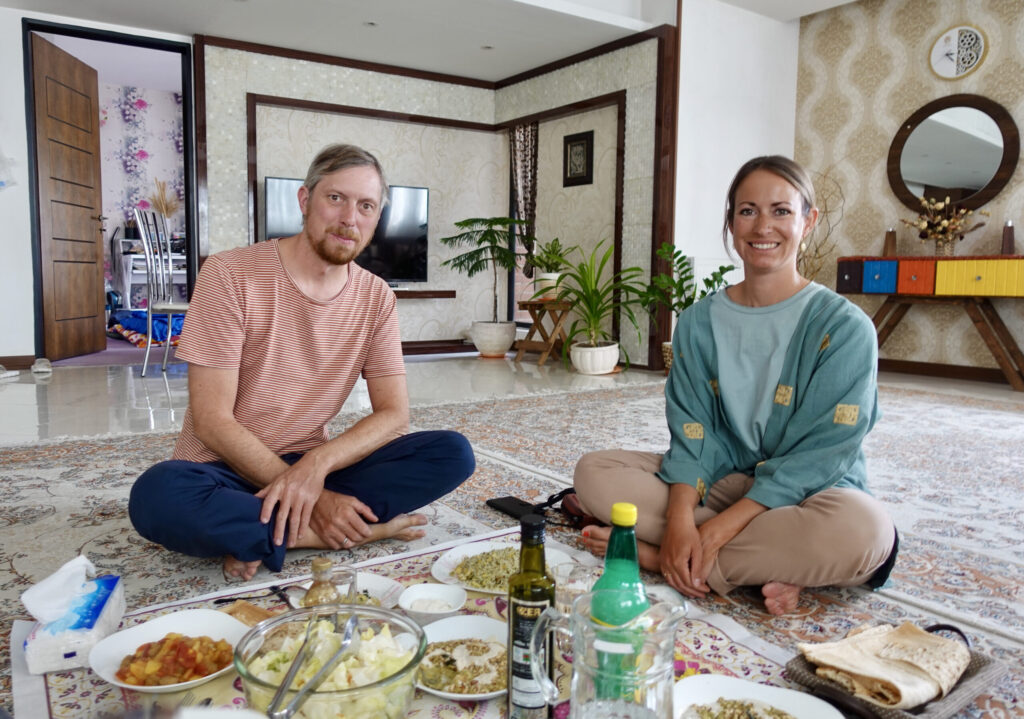
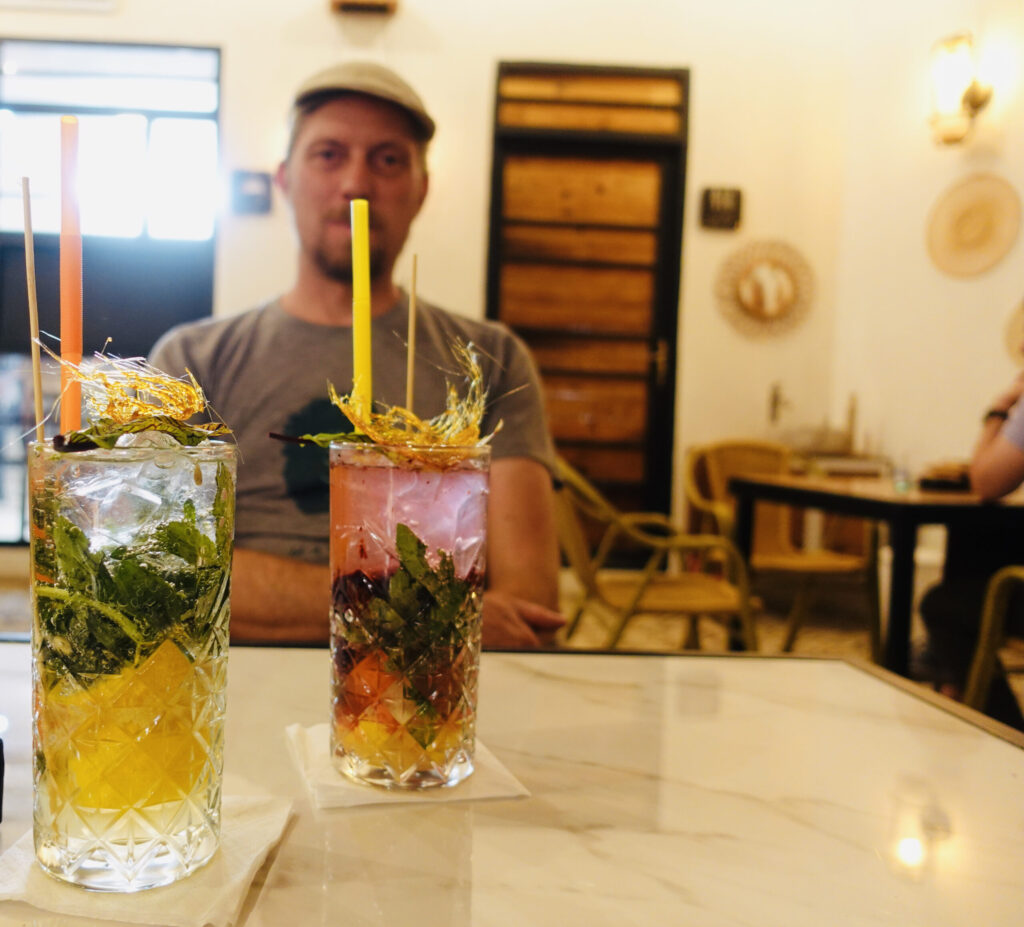

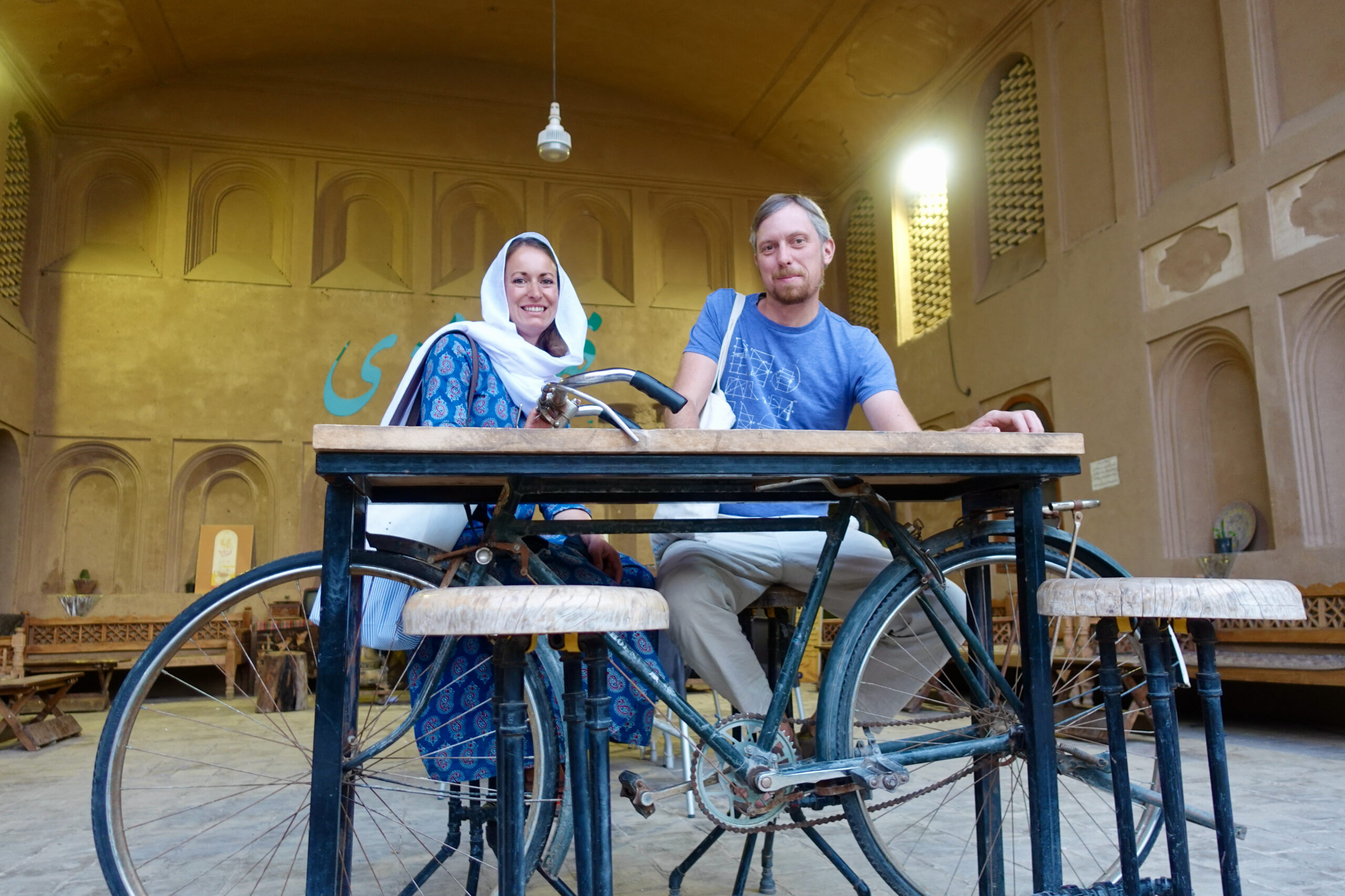
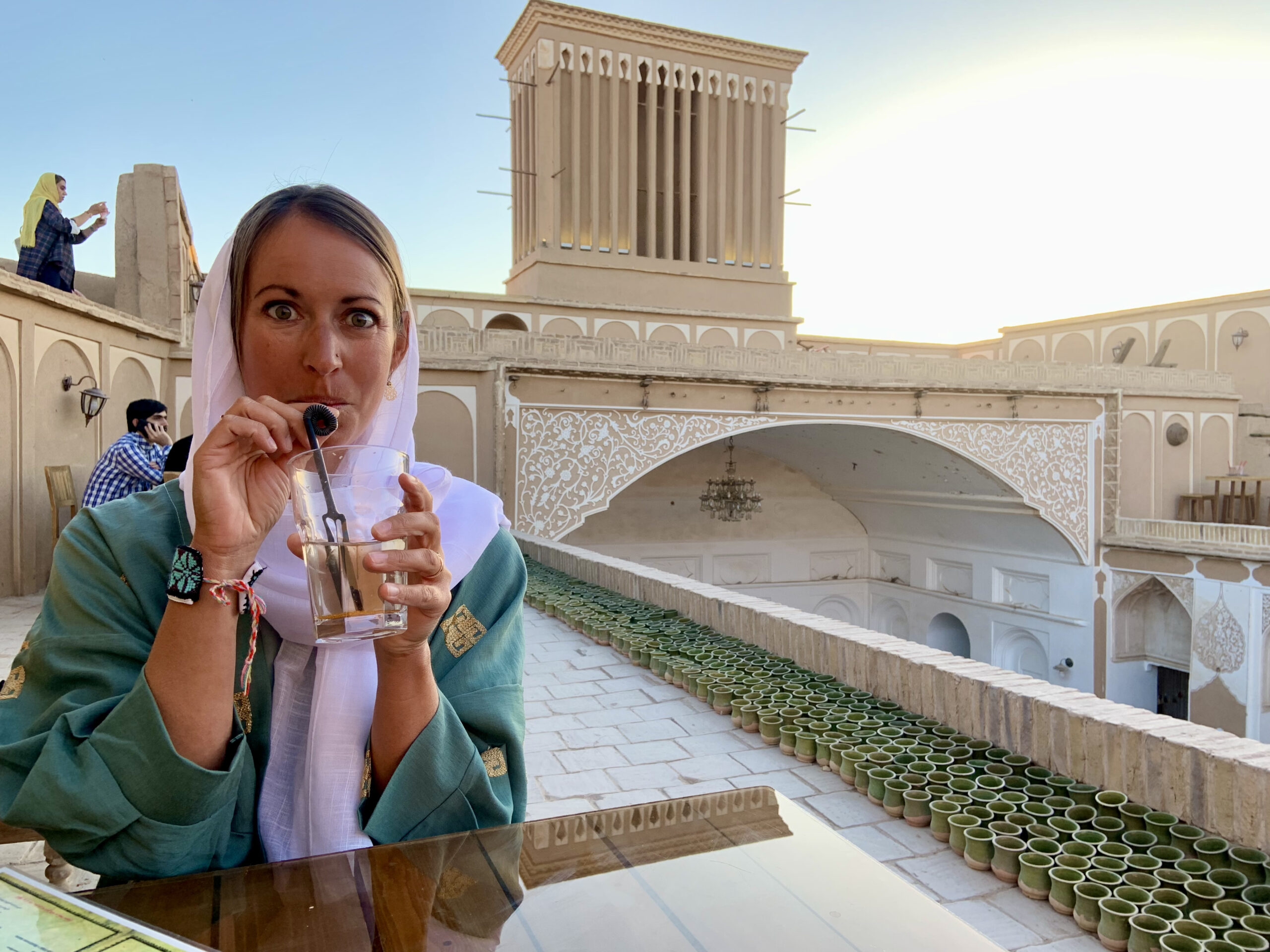

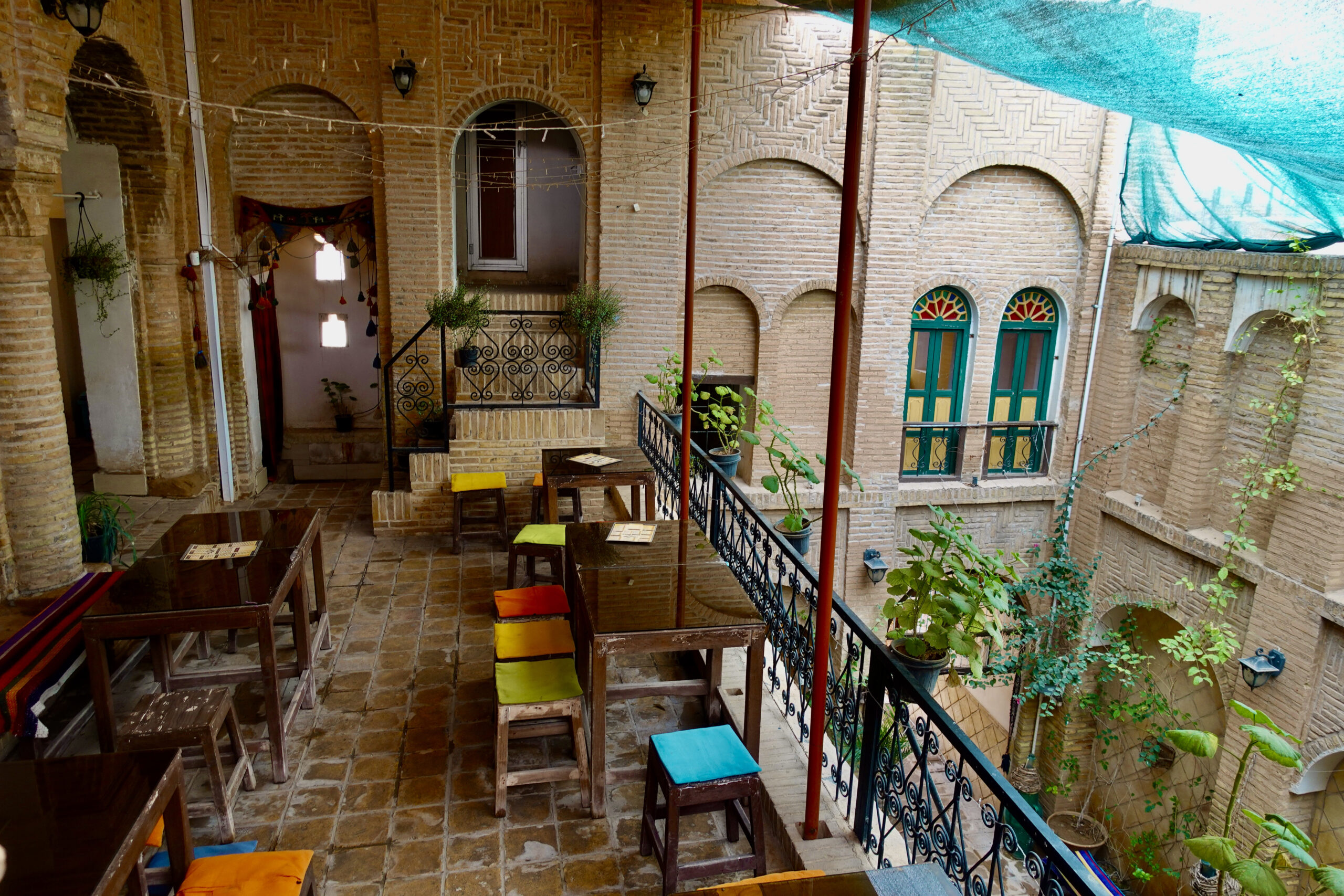
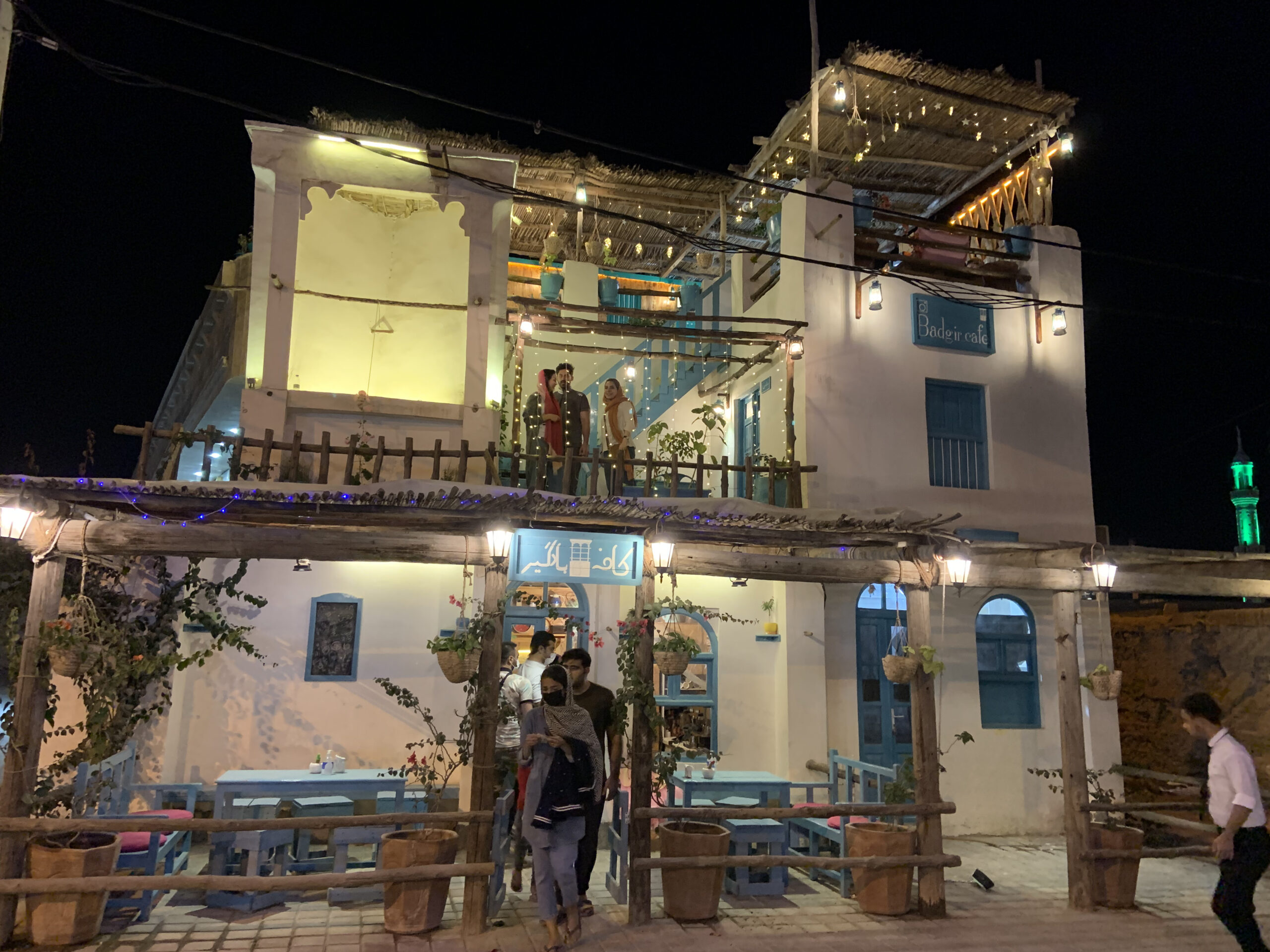
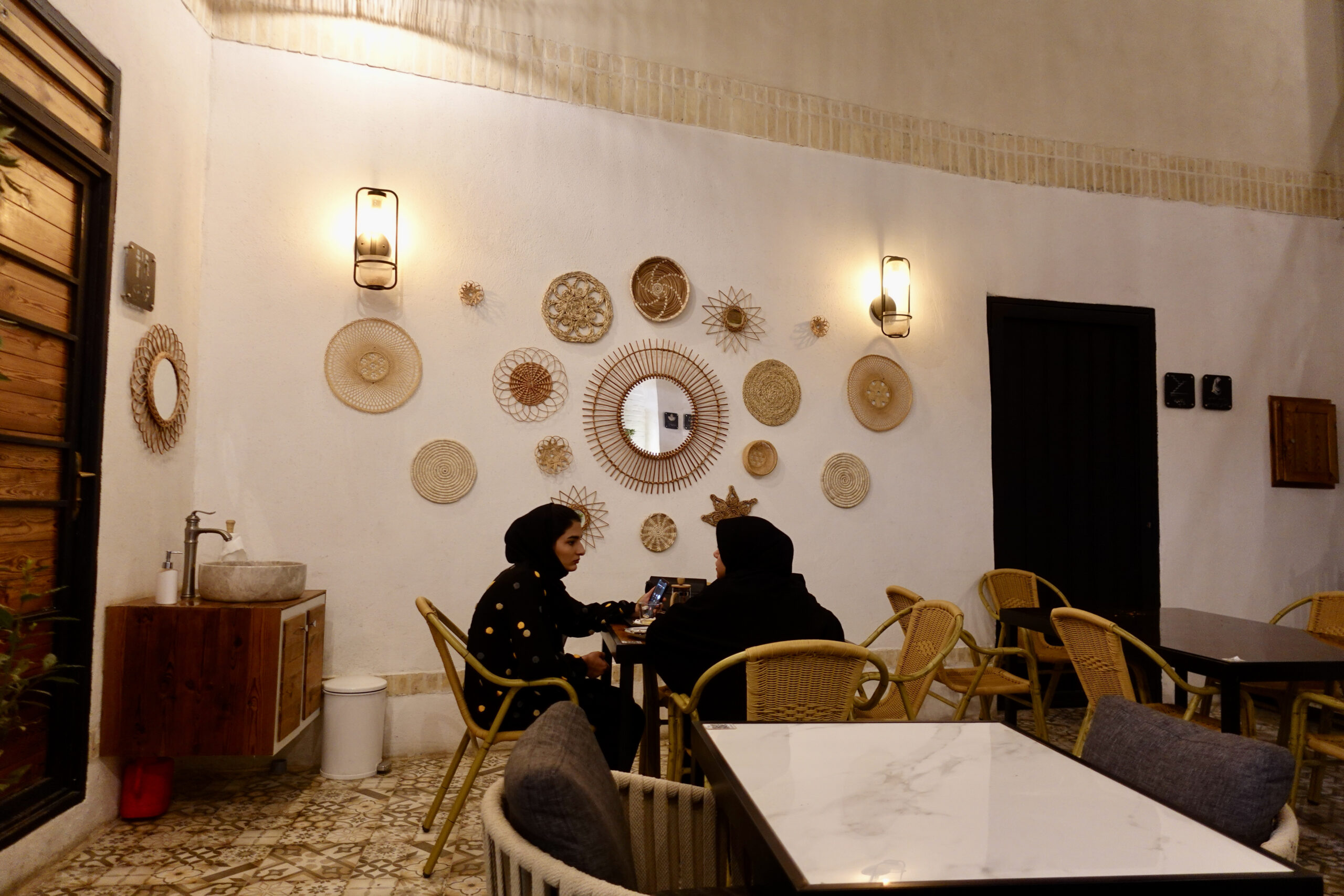
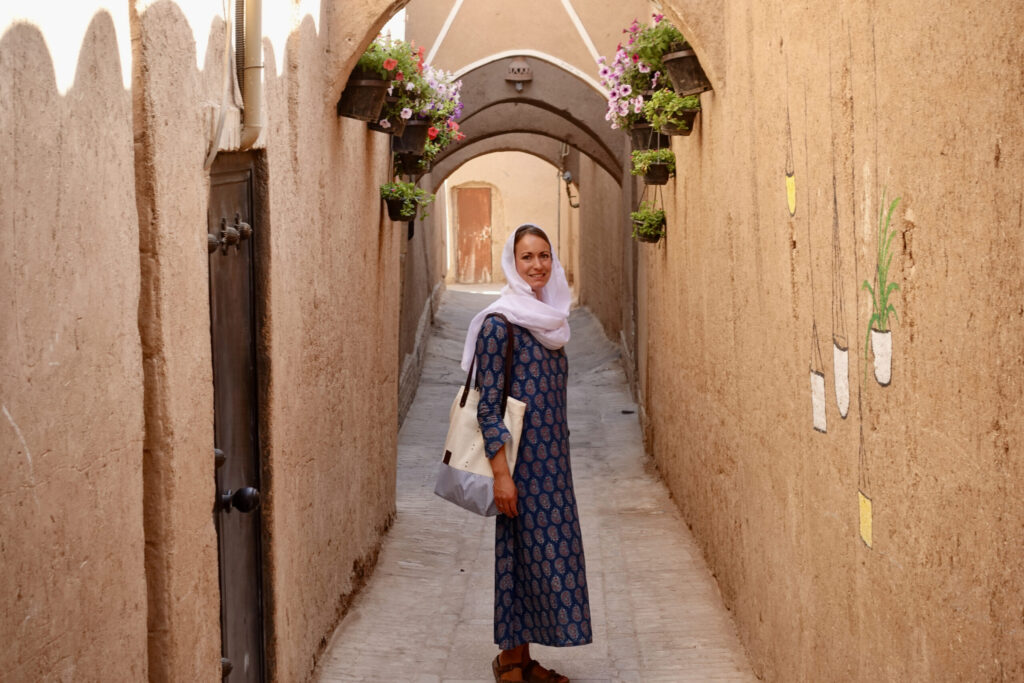
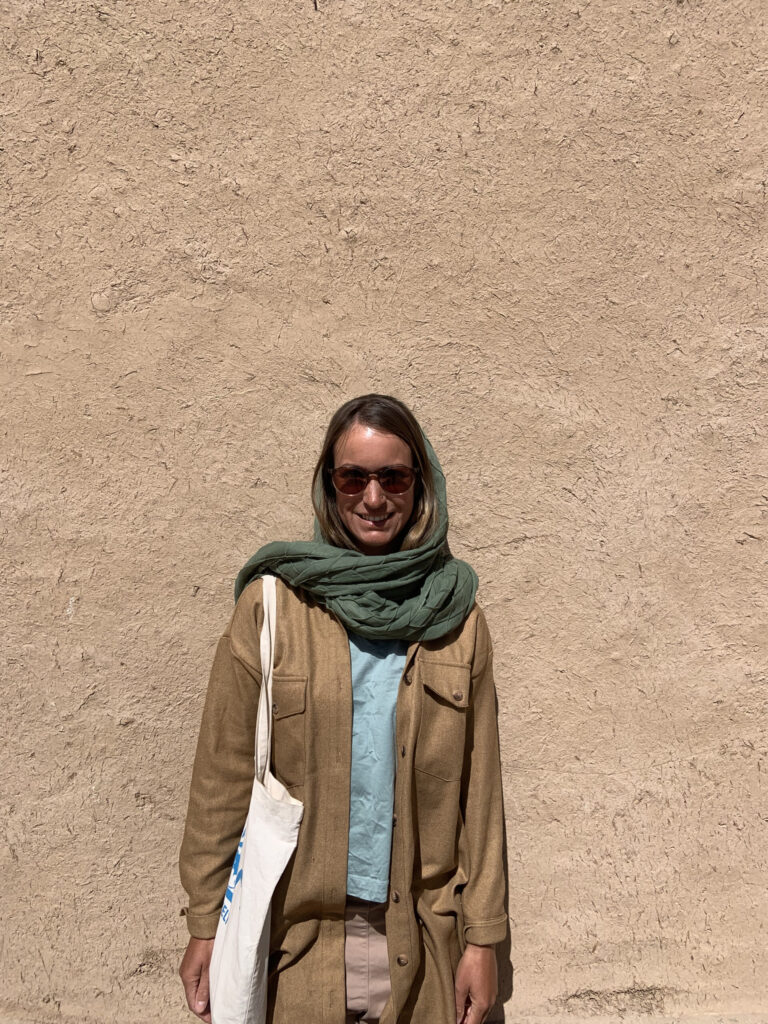
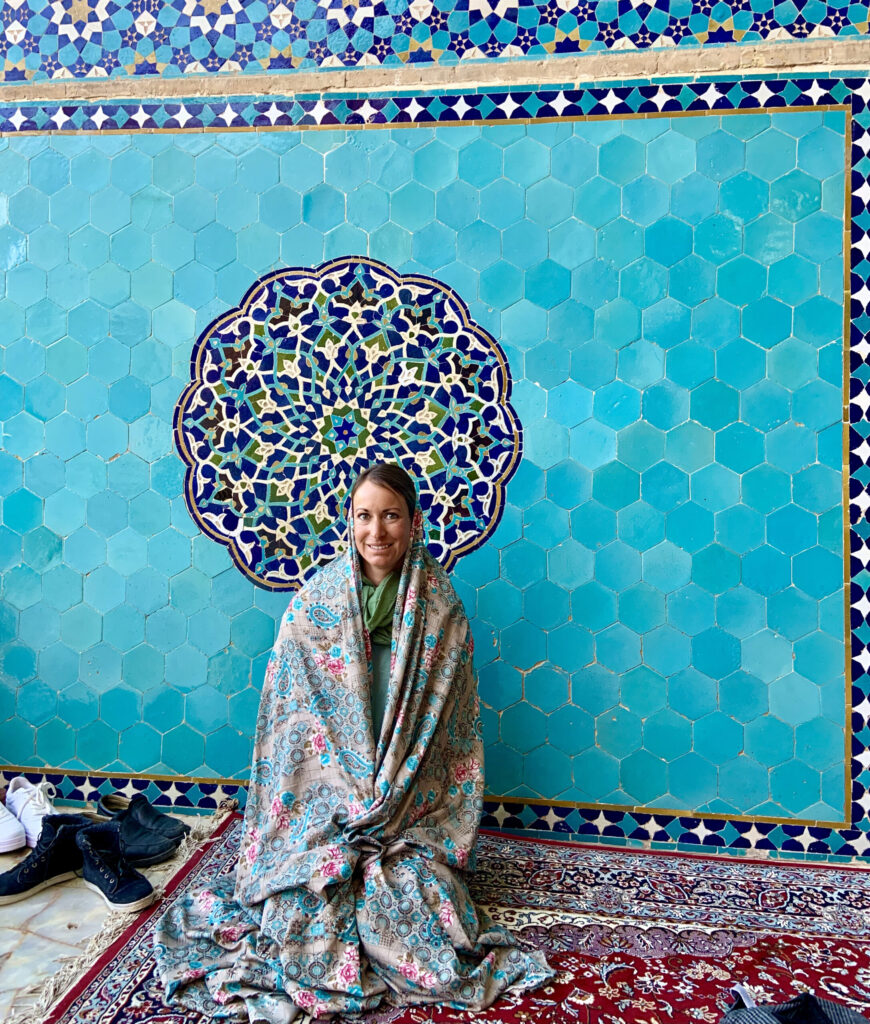
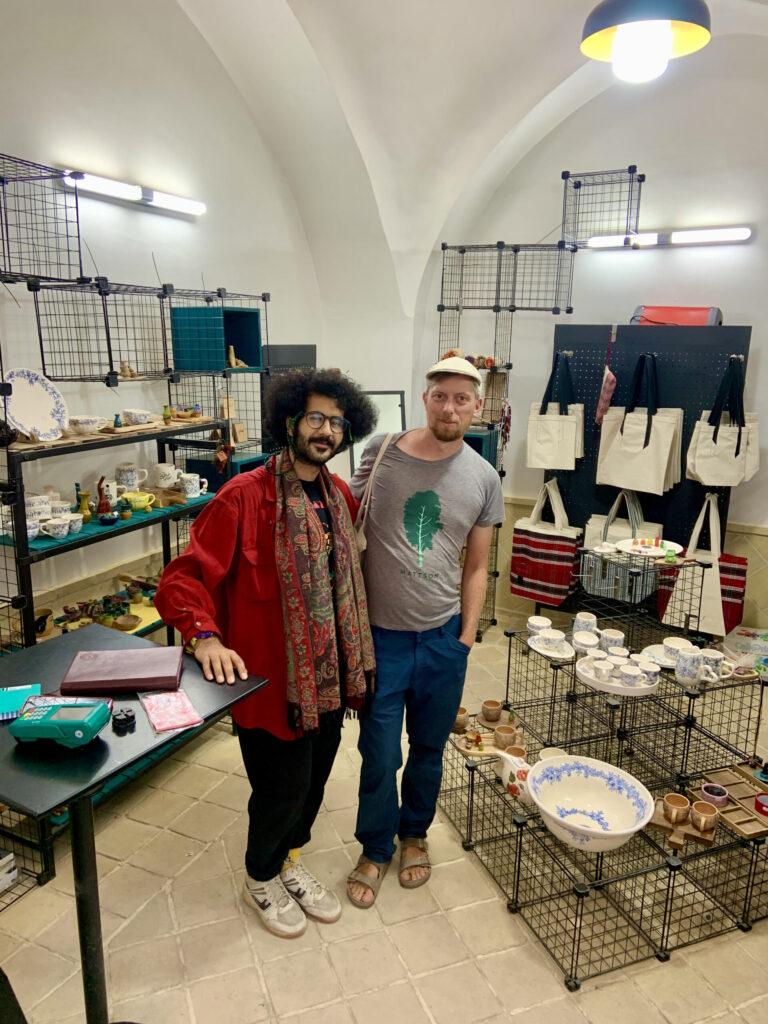
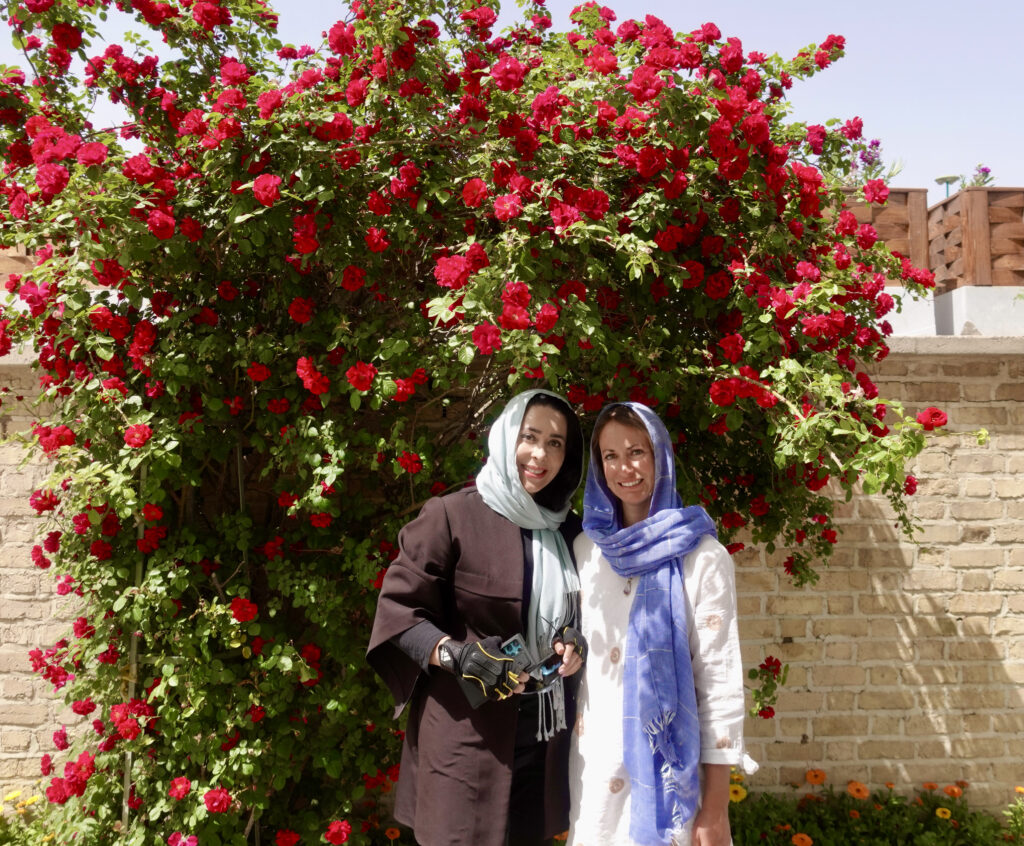
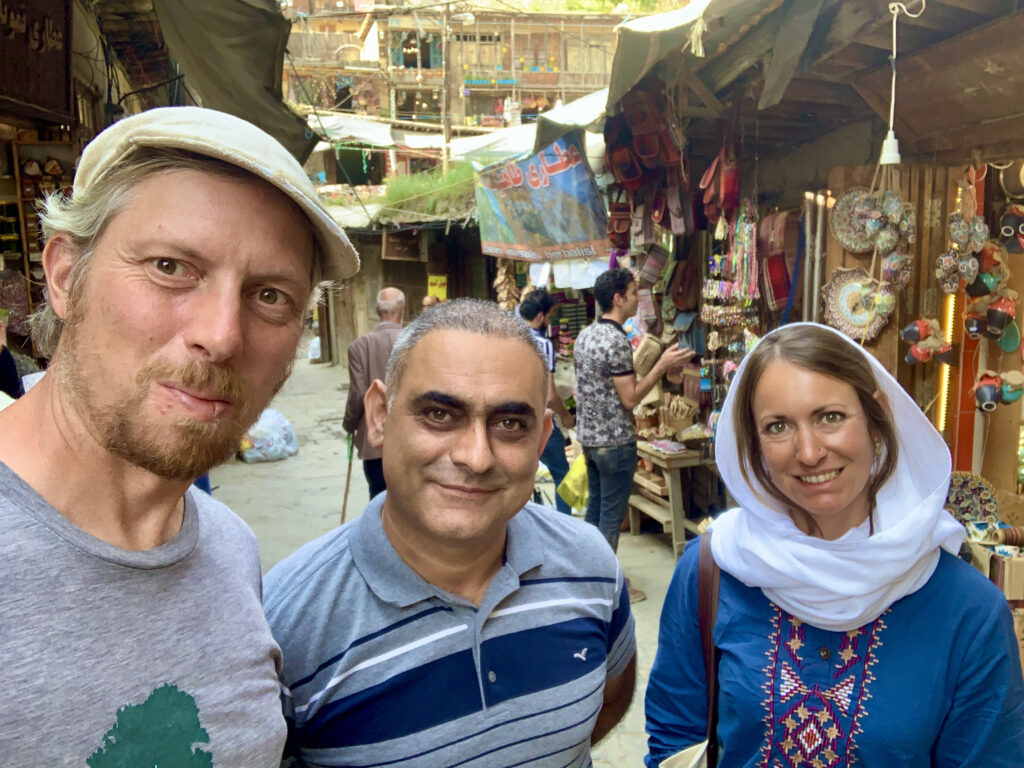
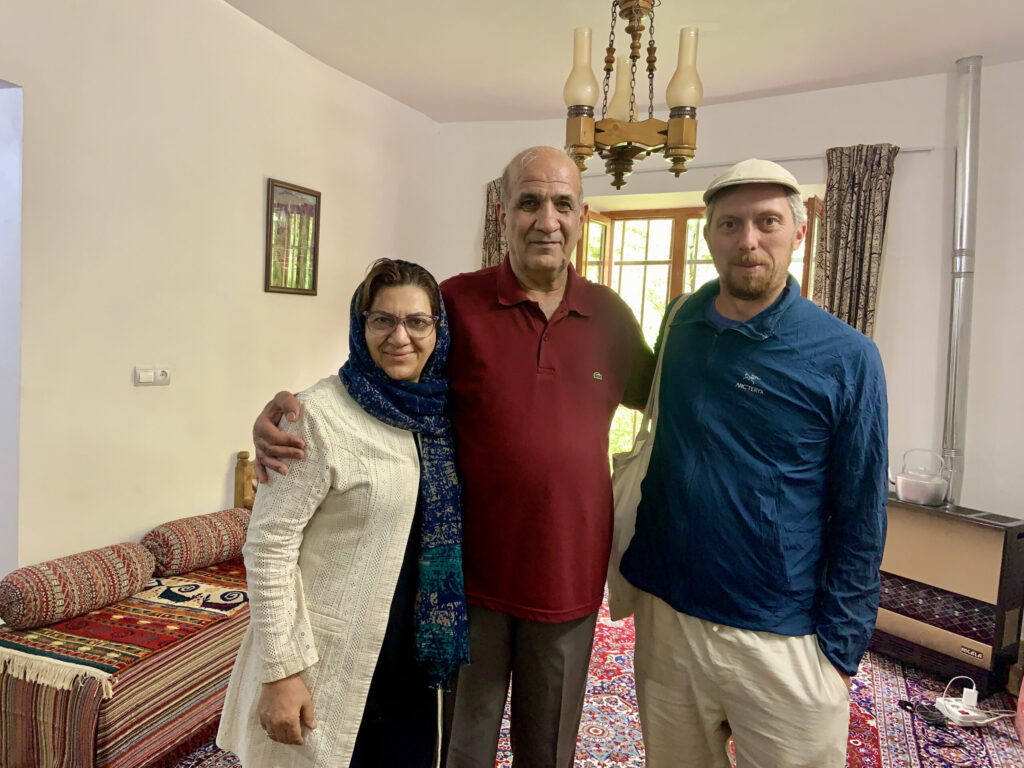
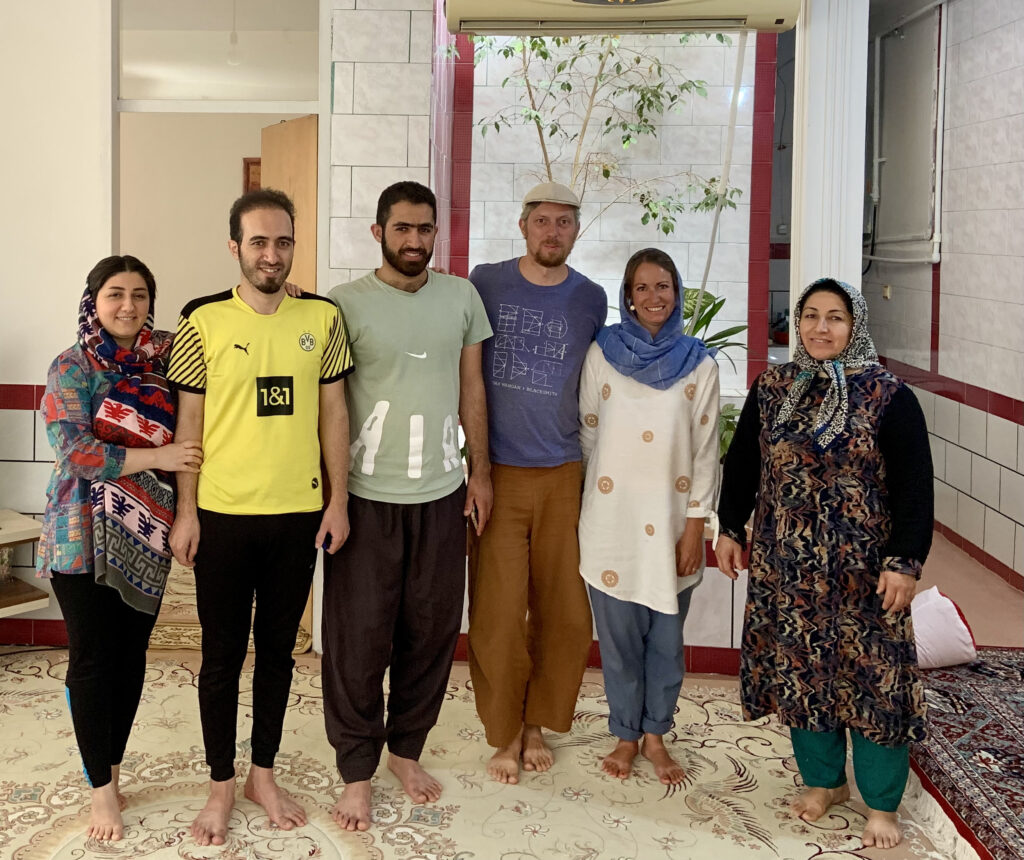
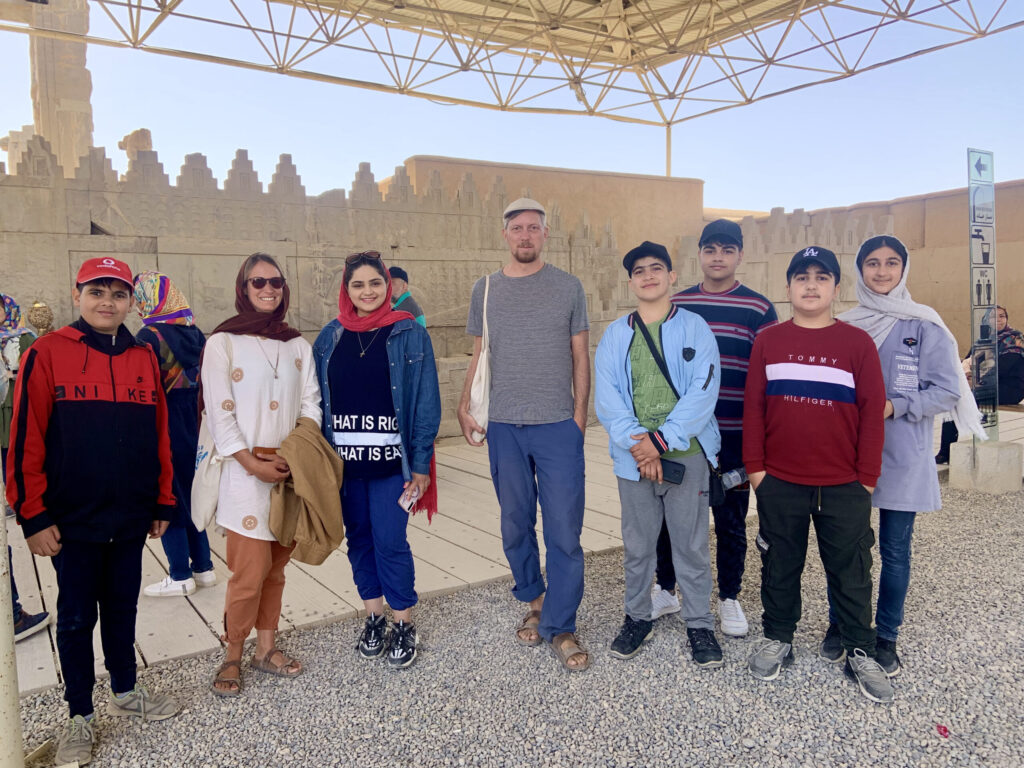
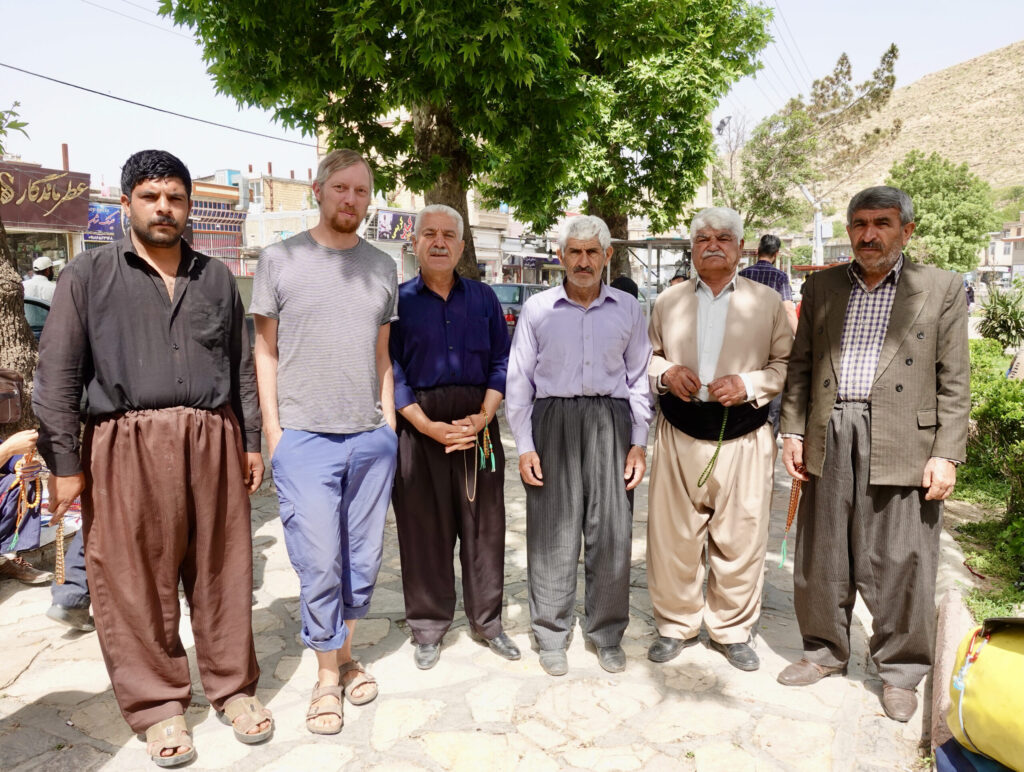
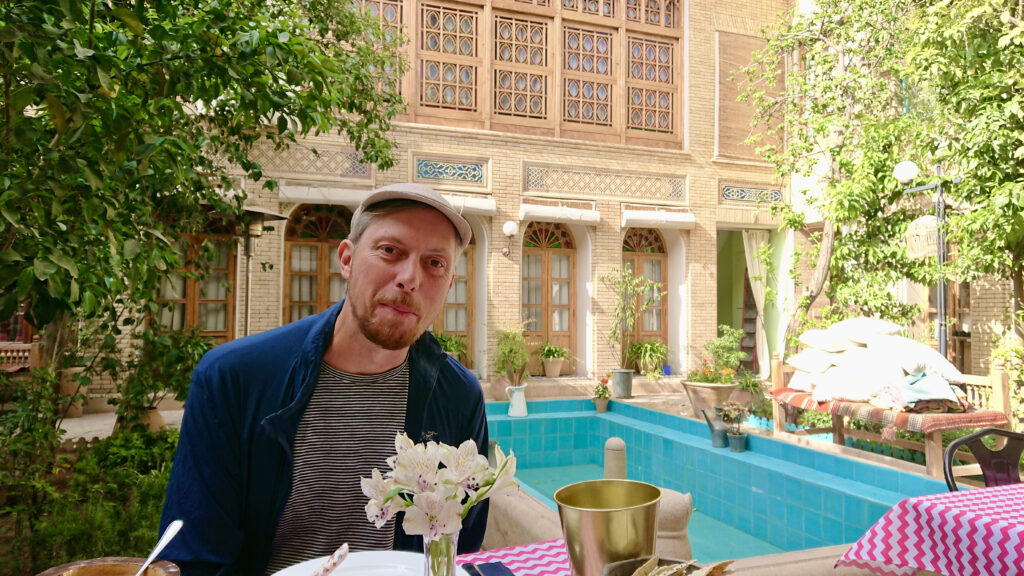
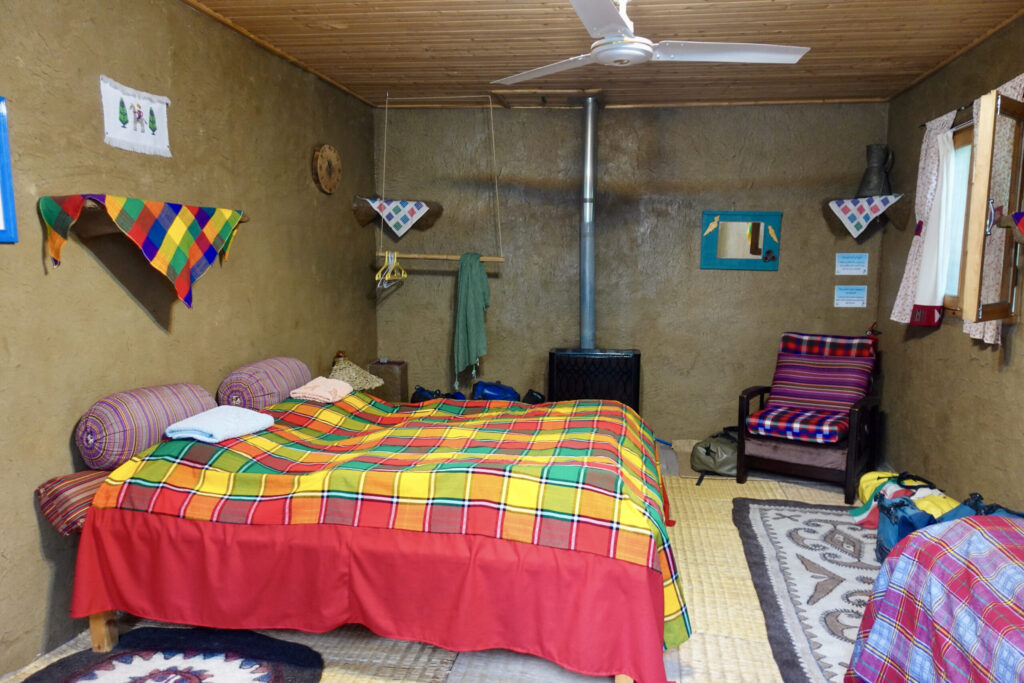
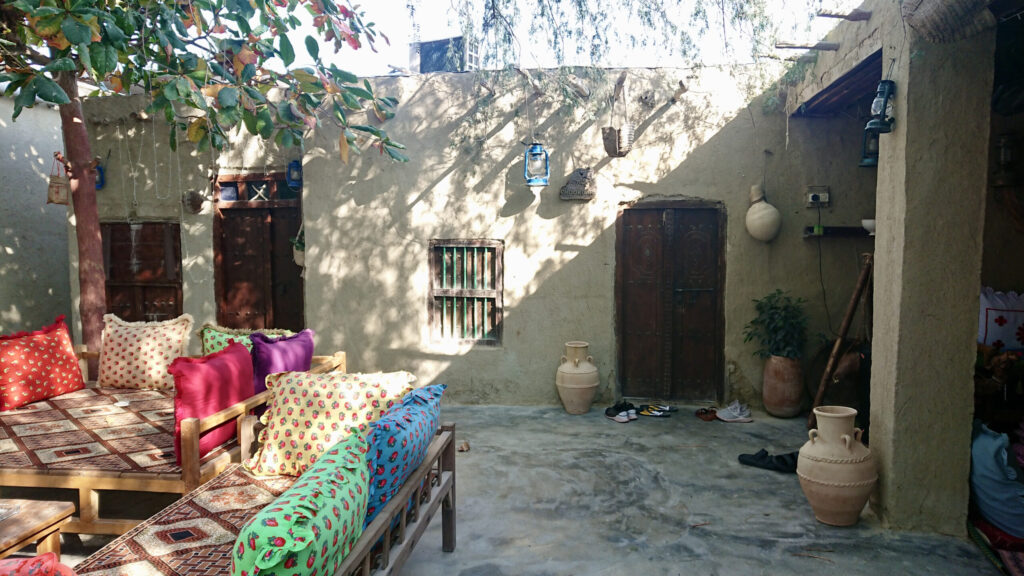
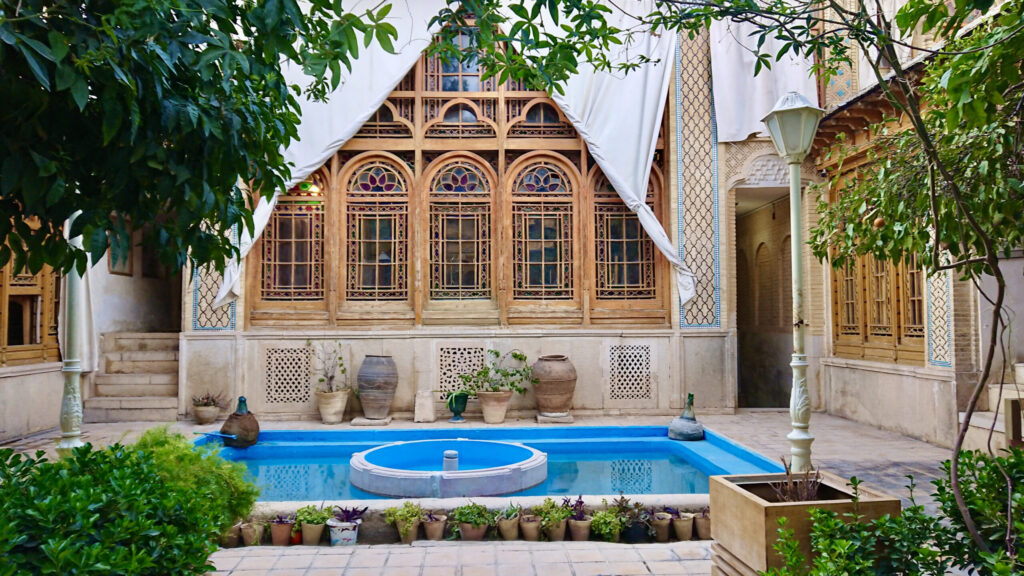
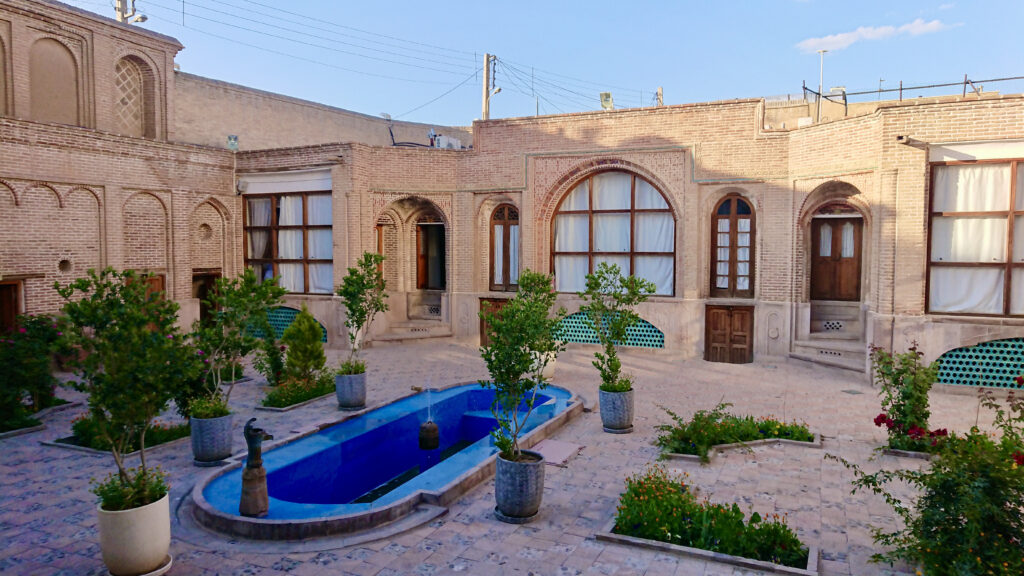
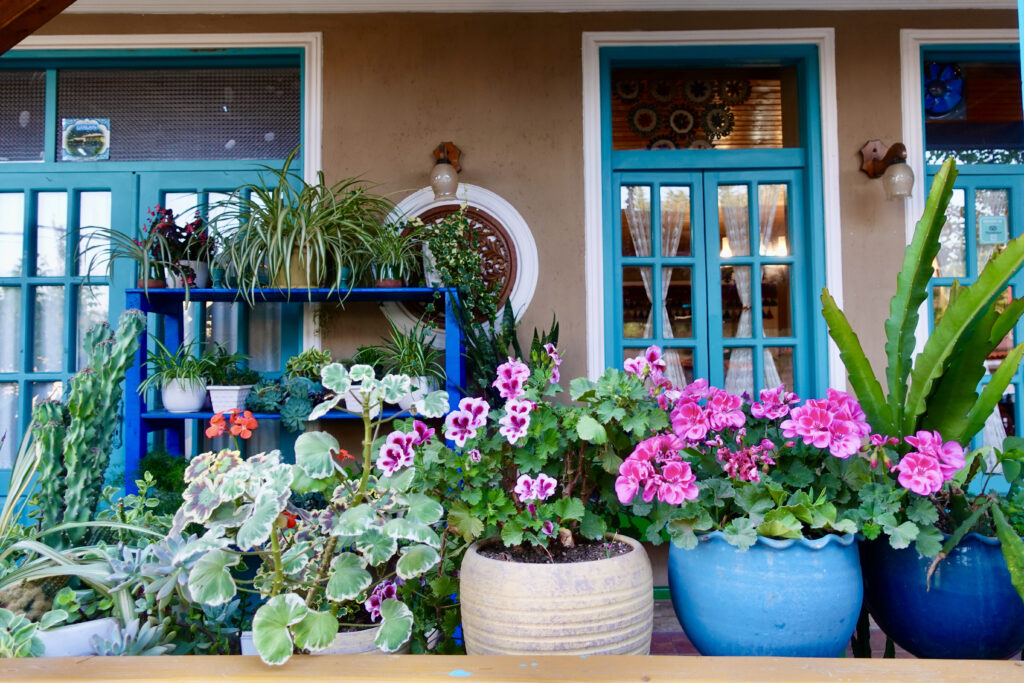
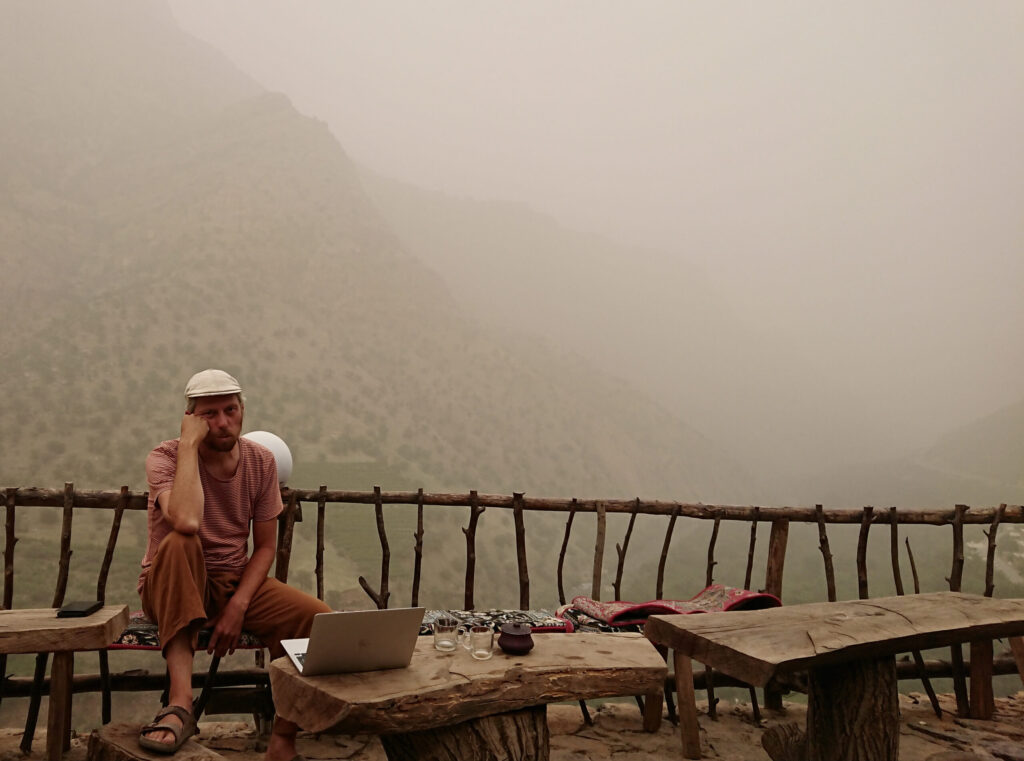
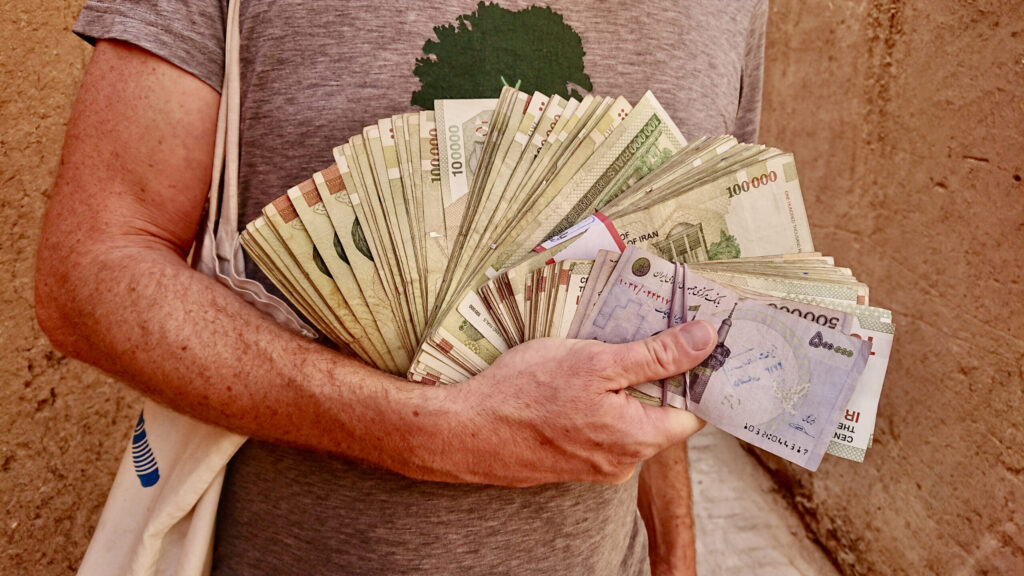
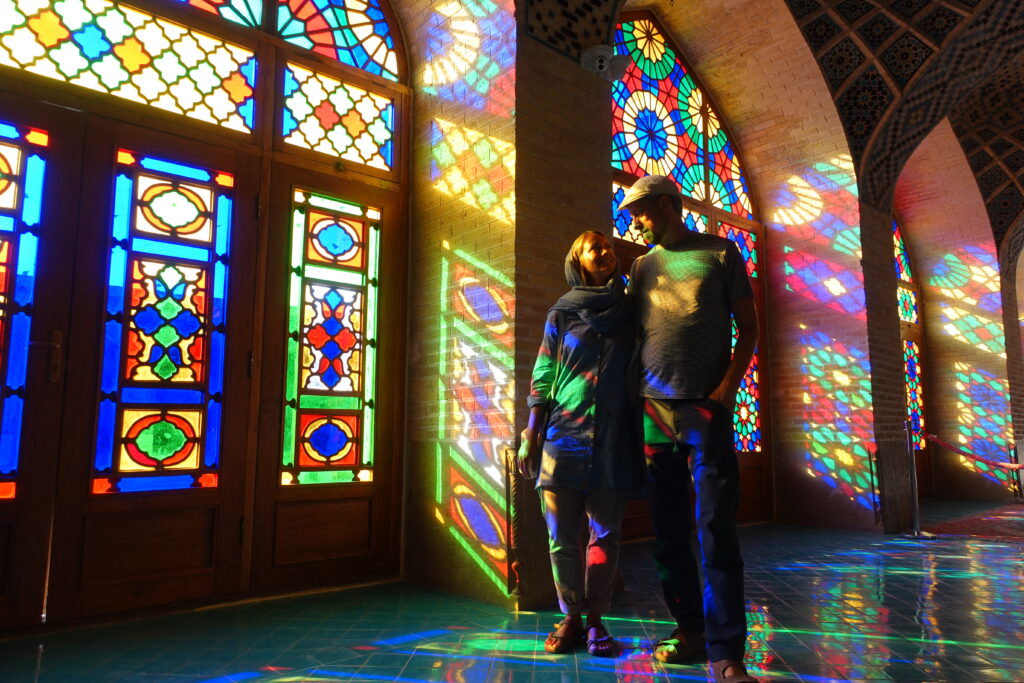
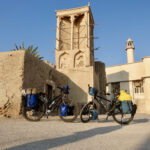
Leave a Reply